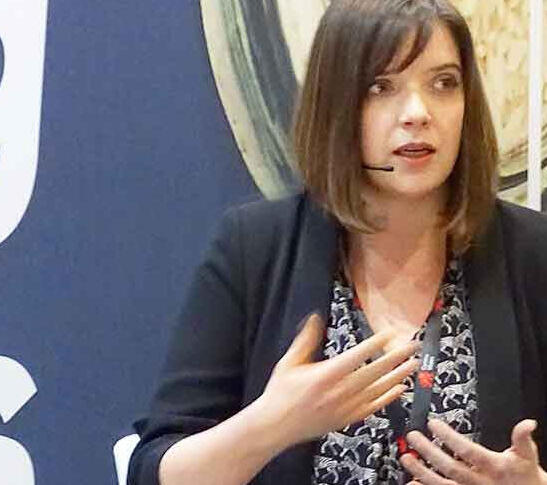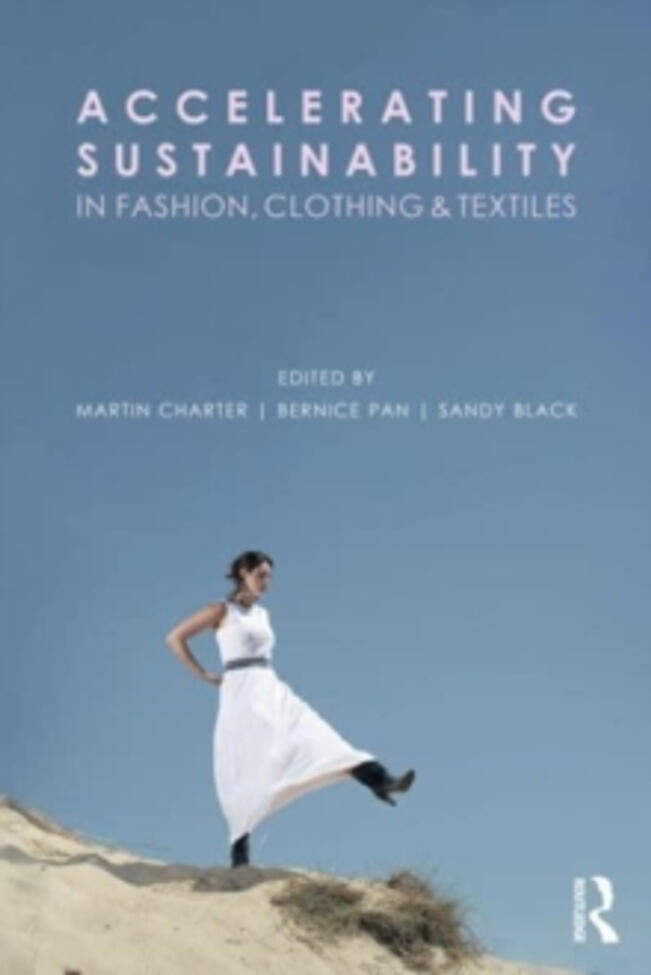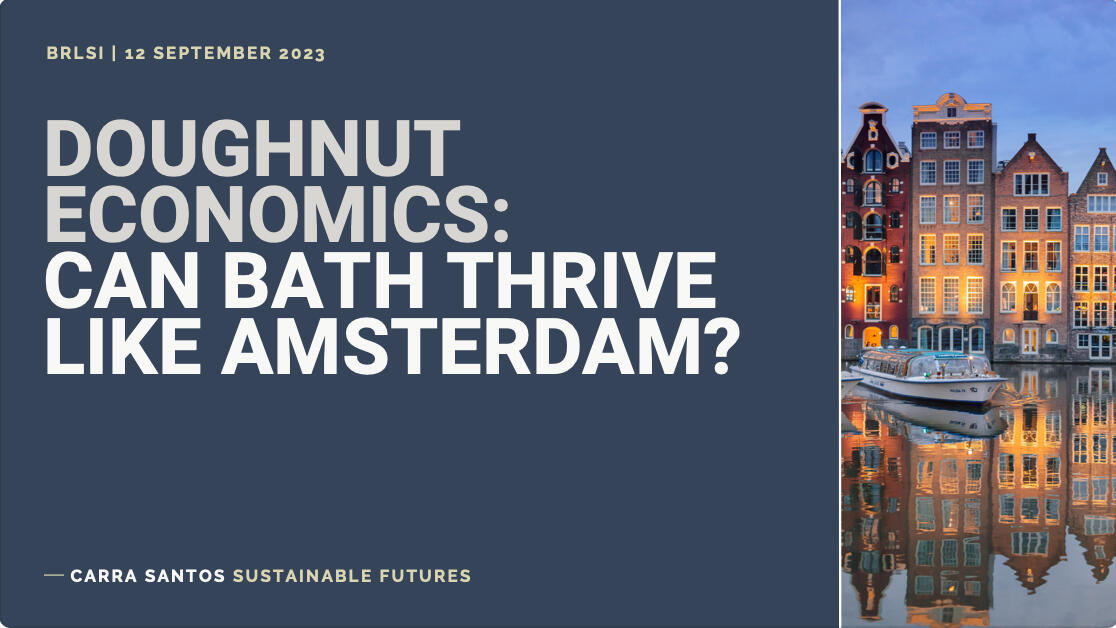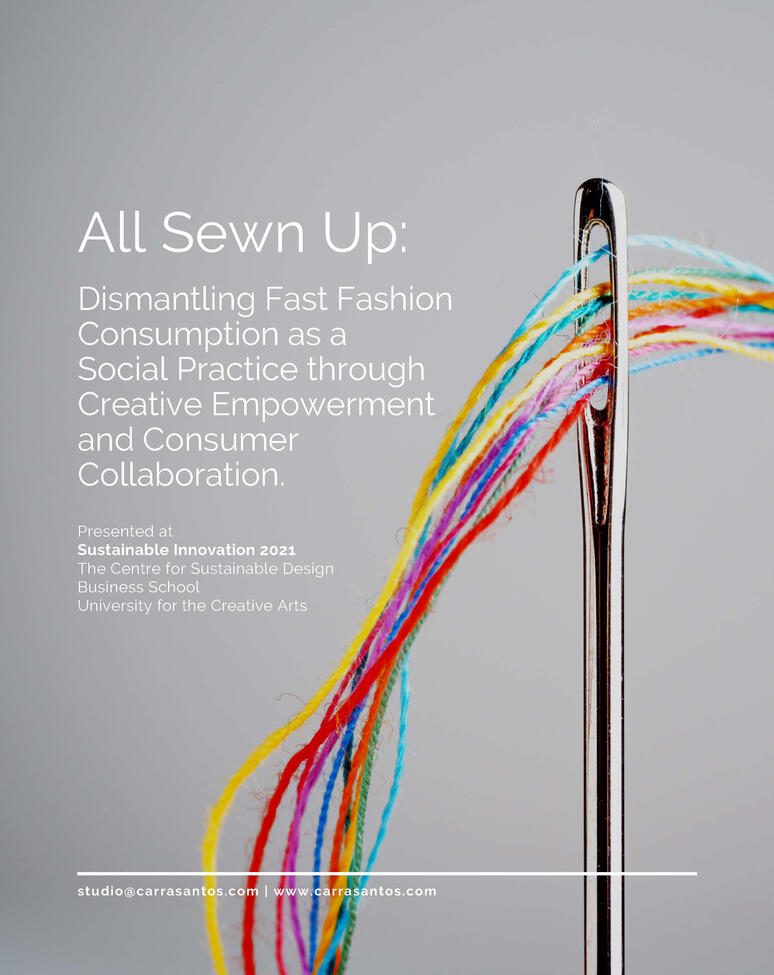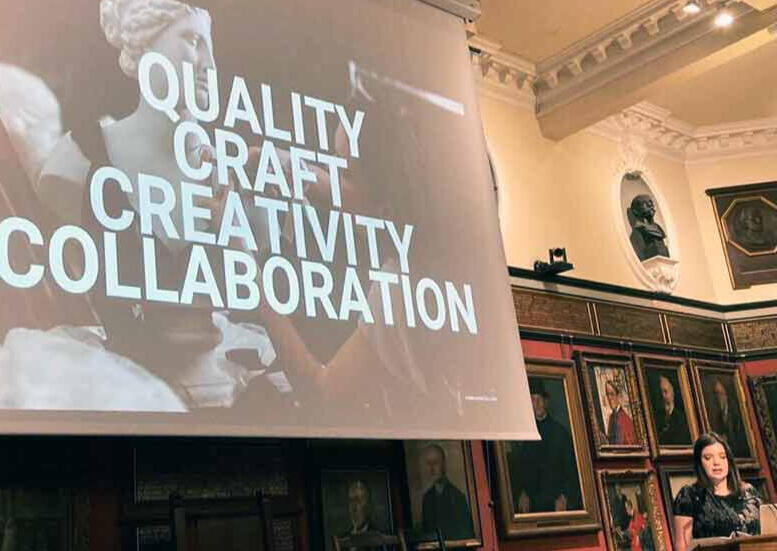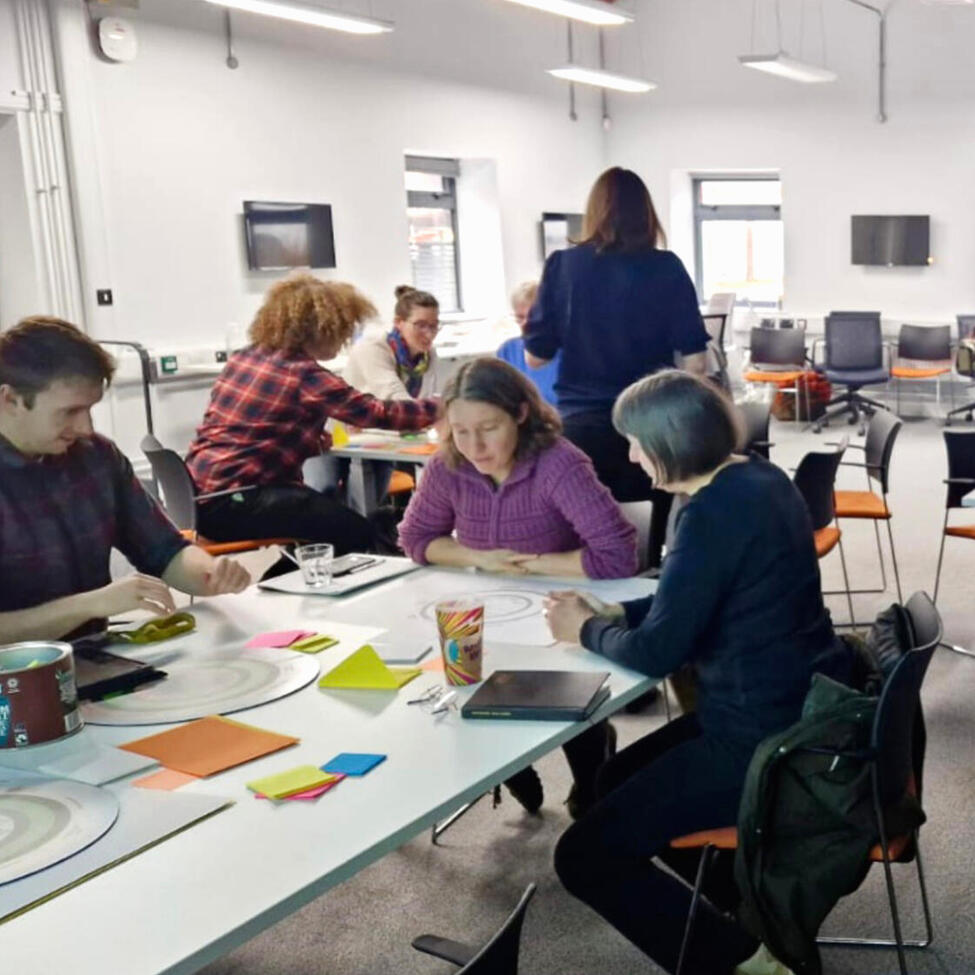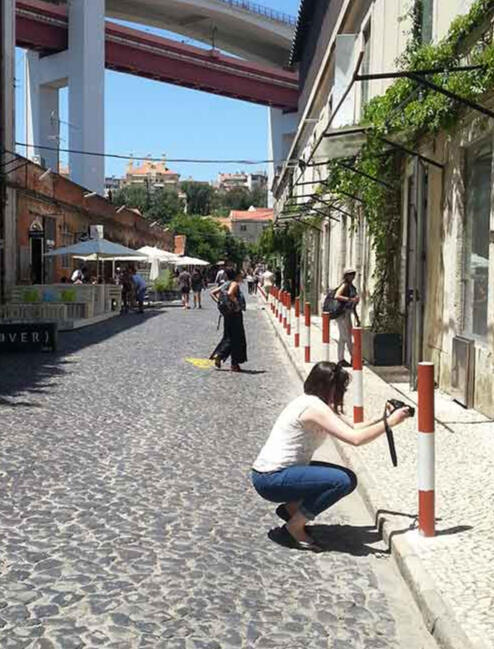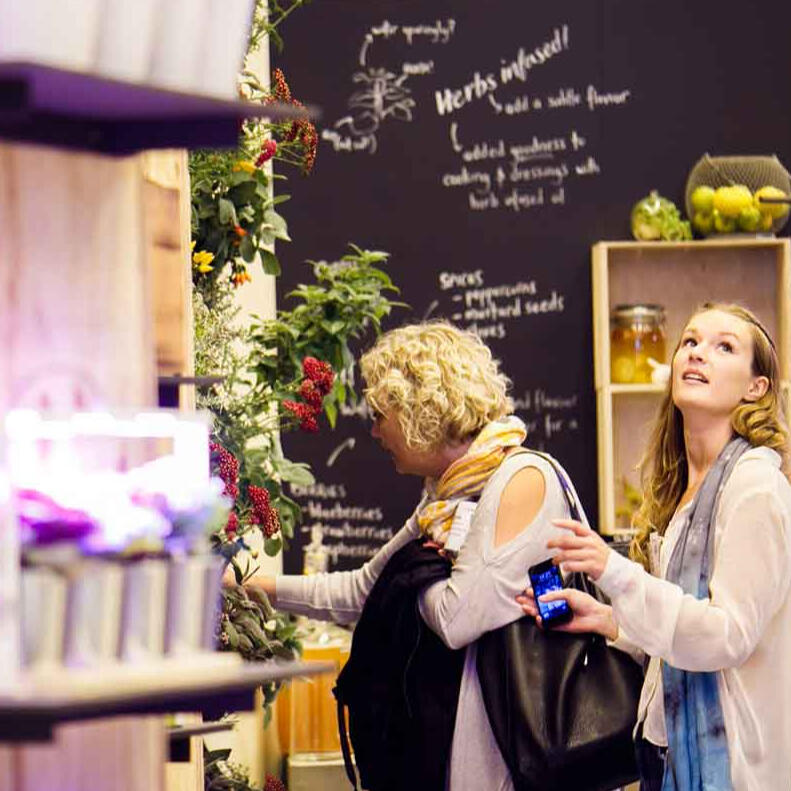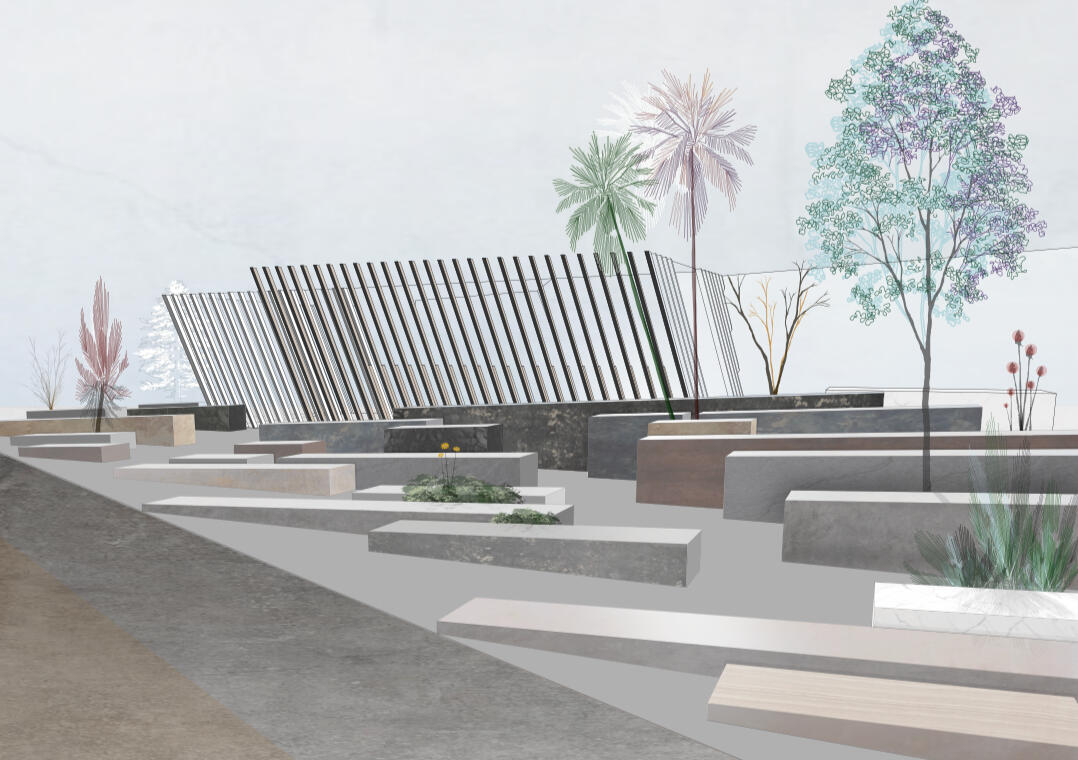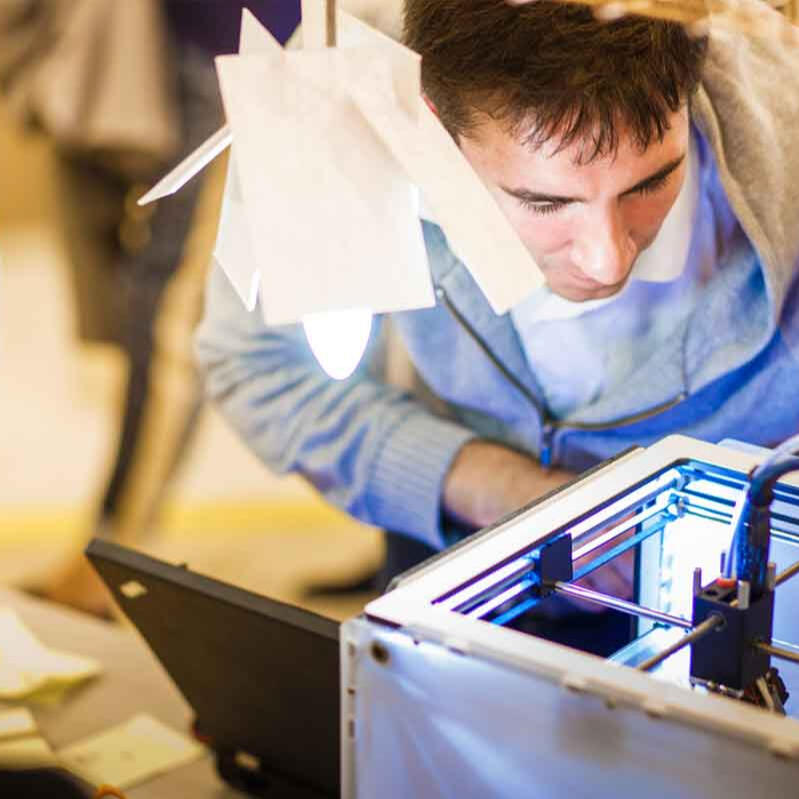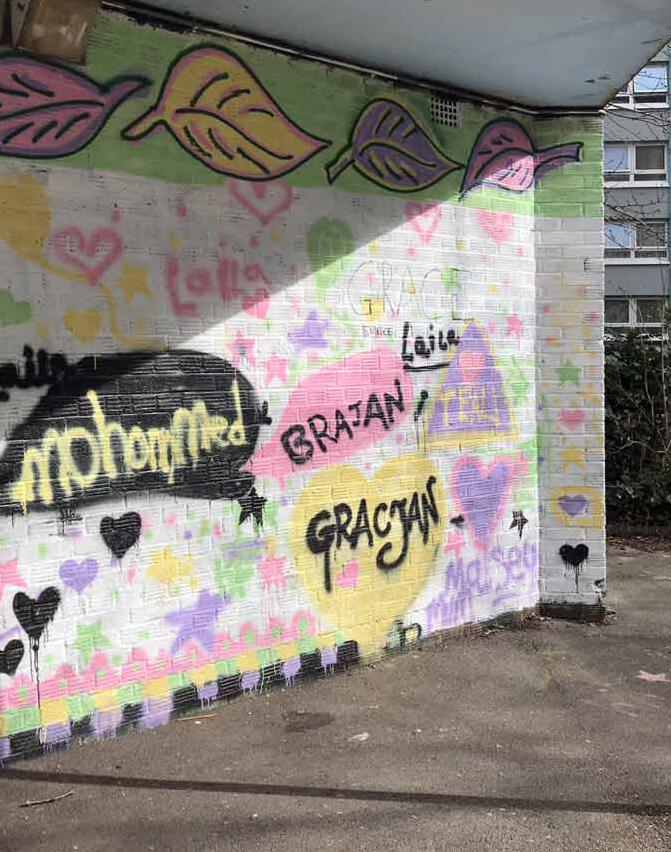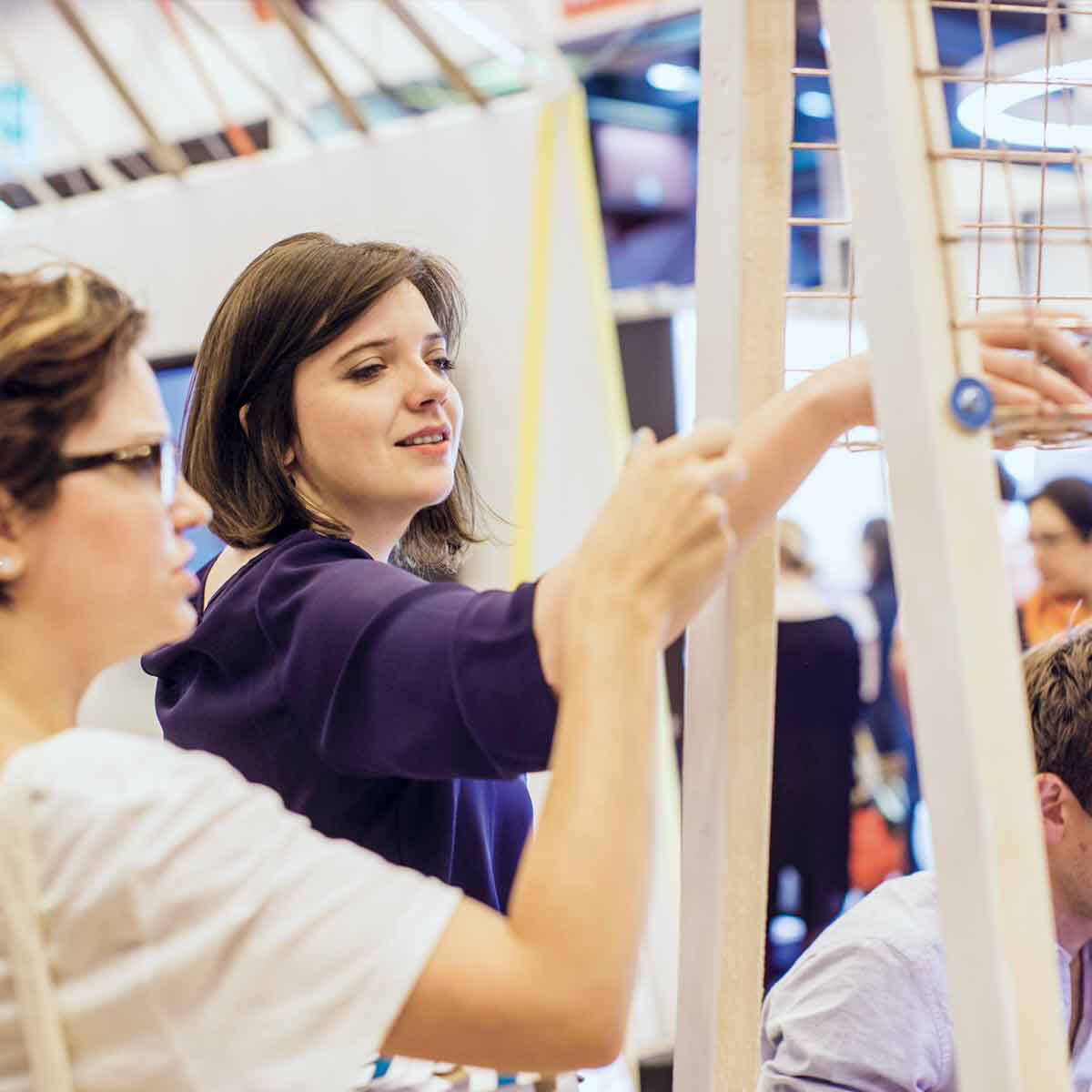
Climate, health, future of food, future of work... I help people set aside their default perspective to explore how 21st-century challenges are perceived by others, and co-develop strategy and communication that start from there.
Working across levels (from global governance to grassroots) and sectors (from public health to design to sustainability), I’ve supported multi-stakeholder understanding with the World Health Organization, Design Council, Doughnut Economics, universities, municipal and regional councils, and community groups. I also design CPD programmes, creative learning and immersive experiences to close knowledge gaps that block progress.Combining 15+ years in design, innovation and communication with an MSc in Sustainable Development in Practice (distinction), I bridge theory and application - connecting evidence-based ideas to real-world change.
Selected projects
Ask me about
Opening up fresh narratives for global anti-tobacco communication
World Health Organisation • Geneva
Exploring values-informed narratives beyond health and 'loss' framing, creating tangible opportunities to research personally, socially, and culturally resonant entry points for anti-tobacco communication, directly supporting WHO FCTC policy innovation guidance.

Ask me about
Weaving youth values and vision into council climate communication
Design Council • UK
Closing a critical communication gap between students and council leaders, by applying futures thinking to imagine a climate-positive Essex. Outcomes strengthened alignment around ten youth-driven, values-led themes for the youth climate ambassador programme.
Ask me about
Resolving tensions in academic-industry post-growth economics communication
Independent academic research • UK
Analysing language used by academic post-growth - specifically, degrowth - economy advocates, and finance/technology leaders, developing an applied research method to identify shared entry points for constructive dialogue on highly contentious topics.
Ask me about
Building cross-city stakeholder relationships for a regenerative economy
University of Bath • UK
Designing and leading an experimental engagement project in Bath, UK to test how Doughnut Economics tools could be introduced to multi-stakeholder groups. Collected actionable insights into what conditions can make constructive engagement more achievable.
Ask me about
Aligning Net Zero thinking with reducing urban inequality
Design Council • UK
Supporting municipal council departments to connect across disciplines and align Net Zero goals with local needs. Reframed climate strategy around equity, care and social-environmental co-benefits based on proven local needs and perspectives.
What people say
"Carra is a driven, intelligent and curious colleague - when working with us at the Design Council, she helped to deliver a complex project with a range of stakeholders. She pushed participants to think deeper about the work they were aiming to deliver, and ultimately created a more meaningful process. This, in turn, led to longer-lasting outcomes."
Emily Whyman, Senior Programme Manager, Design Council
"Carra brought insight, thoughtfulness, and a deep sense of curiosity to the work we did together at the WHO on tobacco control. She approaches complex challenges with care and intellectual rigor, always seeking to understand the deeper dynamics at play. At the same time, she brings real joy and warmth to a team - Carra made a lasting impact on the work and on me personally."
Dr Hebe Gouda, Project Officer, World Health Organization
"I would describe Carra as rigorously creative, in that she combines systems thinking and critical thinking with the spontaneity needed for new ideas. Not many people can do this. She questions everything and because she's also a terrific person, connects with people on many levels. It's an impressive combination of skills for change-making. Working with Carra definitely made me a better designer."
Darren Evans, Founder, Engine Room Design & Design Council Associate
“A special talent for looking at projects delivering solutions that satisfy the requirements from all stakeholder perspectives, are truly relevant and have undeniable integrity.”
William Knight, former Show Director, 100% Design at London Design Festival

Work with me
If you’re tackling a complex challenge and conversations feel harder than they should, that’s usually where my work begins.I typically work through one-to-one consultancy, short programmes, or ongoing project support, depending on your needs. Email me or connect on LinkedIn to arrange an exploratory call.
“It was a real pleasure working with Carra, I look forward to working with her again in the future.”
Alternatively, send me a message and I'll get back to you shortly.
Carra is UK-based and works internationally.
© Carra Santos MSc. All rights reserved.
Perspective Shift
Leadership tools for navigating unlike minds.
You’re leading a project or initiative where different values, motivations and lived experiences will shape its outcomes, and where a misstep could stall progress, damage trust or create unintended consequences.
Perspective Shift offers an opportunity to pause, and focus on an often-overlooked early stage of concept development: building
understanding of different perspectives before ideas or
communication strategies are decided. These skills are particularly valuable when public trust, reputation, funding or long-term relationships are at stake, for example in:
Climate action and environmental change
Public health and behaviour change
Food systems and livelihoods
The future of work and economic transition
Other sustainable futures challenges, for example, as illustrated within the SDGs.
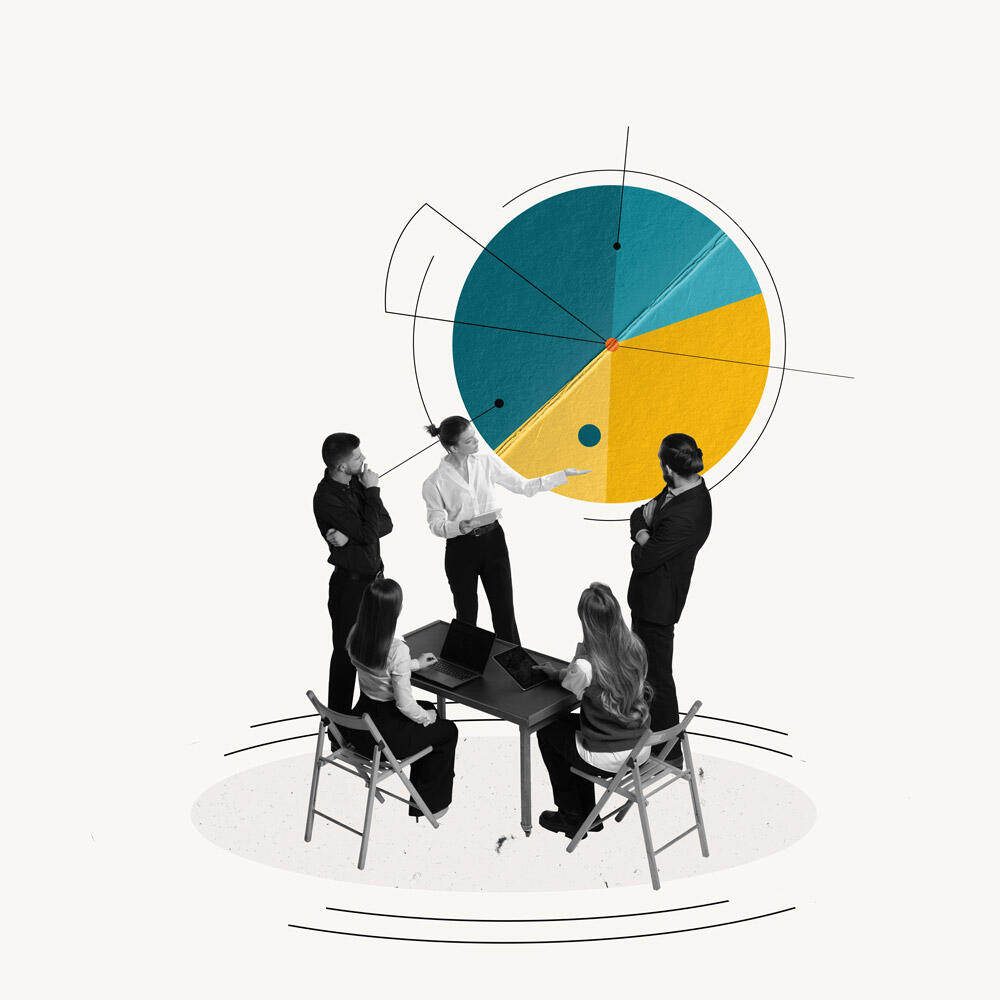
Approach
Using a combination of systems thinking, behavioural insight and design thinking tools, we work through practical, replicable tools to temporarily set aside one’s own perspective to understand how an issue is interpreted by others - and so reveal multi-stakeholder needs and narratives for more effective ideation and communication.
Outcomes include:
Clearer, more confident thinking and case-building
Broader perspective across stakeholders
Fresh, credible narratives to guide conversations
Reduced risk of false starts or adverse reactions
Evidence-informed next steps for innovation, dialogue, engagement, or further research
Related projects
World Health Organization • Geneva
Enabling policy innovation with fresh narratives for
culturally-resonant anti-tobacco communication.
Design Council • UK
Weaving youth values and vision into council climate strategy and communication.
Independent Academic Research • UK
Resolving tensions in academic-industry post-growth economics strategy and communication.
My experience
With over 15 years’ experience across climate action, public health, food systems and economic transition, I’ve seen that knowledge alone rarely drives change. What matters is its relevance in different stakeholder contexts, and whether missed opportunities or misalignments are caught before progress falters.Effective communication treats stakeholders not as audiences to persuade, but as stake-holding guidance and guardrails supporting ideas that are more likely to take hold.
How we work together
Thinking Partner for Senior Leaders
One-to-one online support to help leaders navigate complex or contested territory, and think clearly before speaking or acting.Programme Support & Capacity-Building for Teams
Short engagements on live or upcoming projects, introducing proven, repeatable methods to explore new perspectives, de-risk engagement, and keep conversations moving forward - with hands-on support to apply methods in context.
Who brings me in
People who call on me are usually looking to sense-check and turn 'unknowns' into 'knowns', so projects maintain momentum and communication lands well. They are often innovation leads, programme directors, senior advisors or funders working closely with:
Council leaders connecting environmental, social and economic priorities
Post-growth enterprise advocates engaging mainstream business leaders and educators
Climate NGOs seeking to connect with everyday working lives
Mission-driven entrepreneurs demonstrating impact beyond financial return
Impact investors sense-checking opportunities for real-world effectiveness
When to bring me in
The best time to work together is early, while ideas are still forming and perspectives can be explored.
The next best time is when misalignment or uncertainty is emerging, and evidence is needed to inform next steps.
The critical time is when progress has stalled or trust has broken down, and urgent course-correction is required.

Make an enquiry
Complete a short form to help me see if this approach is a good fit for your needs.
Carra is UK-based and works internationally.
© Carra Santos MSc. All rights reserved.
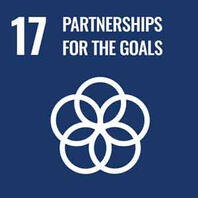
Archive
CPD Design & Programme Support
2023 Design Council 'Design, differently'
A six-month programme of workshops, site visits and one-to-one coaching for six UK teams - community groups, social enterprises and local councils - applying design+systems thinking to strengthen the premise of place-based climate innovation.2023 'Design for Thriving Cities'
A future-shaping series of CPD workshops for responsible property developers and urban design professionals, conveying needs and knowledge in context, including Circular Economy, Social Value, Inclusive Design and Reinstating Nature.2022 'The Future of Interior Design Education'
A bespoke research and recommendations report/presentation on interior design education in the context of a regenerative, distributive and circular economy, for the leadership team of an award-winning private interior design school in London, UK.2022 'The Basics of Sustainable Futures'
A four-part CPD programme for design, business, finance and technology academics, to provide sustainable development context beyond their subject specialisms, and help inform their content, curriculums, and responses to student enquiries.2022 ‘The Sustainability Spectrum’
A CPD learning series for creative and professional services demonstrating the full scope of sustainable futures beyond 'green', and their unique potential to support an integrated approach to environmental, social and economic innovation.
“It’s fantastic to be shown that we can start a conversation and provide leadership/guidance through our courses, even if we are not experts.”“A very simplified approach that has worked well for us ever since and as we have progressed in our development in this area."“I wish we'd done it sooner. It blew away some myths and helped me realise there is so much more to sustainability than use or non-use of materials.”“The workshop exceeded my expectations and broadened my thinking on this subject.”“Carra knows her stuff and her knowledge has depth in addition to passion.”“Working with Carra is a fantastic opportunity that all businesses should be lucky to have. You need to know more than you think you know, and I would highly recommend that Carra be the person to bring the passion and creative solution to your business.”“Carra explained all the content really well and with such enthusiasm about the topic.”“Carra was a great sounding board and I thoroughly enjoyed learning from her.”“Carra’s approach to every project is in-depth, practical and passionate; working with her is always a very pleasurable experience.”“Very thought-provoking.”
Talks & Publications
2025 10th WHO Report on the Global Tobacco Epidemic
Specialist editorial and communication input supporting the development of accessible, policy-relevant content in selected chapters, introducing new approaches to analysing existing data to inform innovative policy implementation.2024 DEAL Tool: '3 Horizons for Systemic Change'
Contributing to the Doughnut Economics 'Doughnut Design for Business' adaptation of the Three Horizons framework by Bill Sharpe, inspiring regenerative and distributive business model innovation.2024 The RSA (Royal Society of Arts, Manufactures and Commerce) 'A Different Way'
An online talk for the RSA highlighting the role of creatives to shift sustainability-thinking ‘beyond net-zero’ and create the conditions for everyone to thrive within the means of the living world.2023 Design Council: 'Design, differently with Communities'
Scriptwriting, delivery and recording of a futures narrative imagining life in circular communities in the year 2033 - on themes of energy, mobility, land use, food, education and circular skills - including co-facilitation of the related Design for Planet workshop.2023 'Accelerating Sustainability in Fashion, Clothing and Textiles' (Routledge)
Lead author of Chapter 17: Crafting connections with clothing: values, influence and relationships. Book launch chapter presentation and facilitation of a roundtable discussion on a sustainable future for the fashion industry.2023 Bath Royal Literary and Scientific Institution ‘Doughnut Economics: Can Bath Thrive Like Amsterdam?’
An in-person lecture at BRLSI exploring the potential of the UK city of Bath to thrive like Amsterdam - the first European city to adopt Doughnut Economics as its economic development strategy.
2022 'Designed for Life' Design & Technology Association (DATA)
Invited to take part in an ongoing podcast series considering the future of design and technology education within industry, aiming to inspire "tomorrow's solutions today".2021 'All Sewn Up: Dismantling Fast Fashion Consumption as a Social Practice through Creative Empowerment and Consumer Collaboration' UCA (University for the Creative Arts) Sustainable Innovation Conference
Academic research paper and presentation on enabling sustainable social behaviours through post-growth fashion design and business model innovation. Published by UCA Centre for Sustainable Design.2021 'Communicating Degrowth: Analysing language to find favourable starting points for degrowth discourse with UK business leaders'
A Master’s dissertation exploring effective communication of degrowth business model innovation to UK business leaders, combining economics, behaviour and communication theory.2018 'Talking Trends: Waste Not Want Not' at the International Food & Drink Event (IFE) London
Panel discussion on food waste, exploring various topics including how food and design meet in the circular economy through enterprise and materials innovation spanning clothing, packaging and construction.
“Extremely knowledgeable and passionate - these two qualities don’t always come together.”
'Powering Change: Women in Innovation and Creativity' Female Design Champion Award Runner Up, ACID World IP Day 2018
“For the imaginative boundary breaking work she is doing between different individuals” - Sarah Weir OBE, former CEO, Design Council
Carra is UK-based and works internationally.
© Carra Santos MSc. All rights reserved.
WHO Tobacco-Free Initiative: Opening up fresh narratives for global anti-tobacco communication
World Health Organisation • Geneva
As an External Consultant to the WHO Tobacco-Free Initiative in the Department of Health Promotion, I was invited by senior leadership to explore untapped opportunities for anti-tobacco communication. Evidence showed smokers were becoming desensitised to graphic health warnings on cigarette packets, which focus heavily on health risks. At the same time, WHO guidance under WHO FCTC Articles 11 and 12 encourages the development of innovative, culturally resonant messages that could re-engage populations and support cessation.To address this, I conducted a detailed analysis of 574 graphic health warnings from 37+ countries, applying Schwartz’s Theory of Universal Human Values to understand which motivations were being activated, and which were overlooked. The research revealed a strong reliance on loss-framed messaging (Security) and highlighted underused values such as Self-Direction, Achievement, and Tradition, suggesting alternative ways to inspire behaviour change.

Comparing these insights with pro-tobacco industry campaigns and anti-tobacco civil society initiatives confirmed unexplored entry points for culturally resonant, positive messaging. It also demonstrated the use of a flexible analysis framework that policymakers could apply at country level, enabling health warnings to speak more directly to local values, priorities and motivations.To communicate these findings, I designed visual charts and narrative analyses - since published in the 10th WHO Report on the Global Tobacco Epidemic (pictured) - translating complex datasets into actionable insights. I also delivered an internal presentation to the WHO leadership team, showing the potential to engage diverse populations effectively, and demonstrating how the same approach could inform strategy across multiple regions.
Outcome:
The project provided WHO leadership and global practitioners with new, evidence-based perspectives for health communication, and introduced a replicable method for exploring cross-sectoral insights and testing assumptions, strengthening policy implementation, and enhancing the long-term impact of WHO FCTC Articles 11 and 12.
In this project, I temporarily set aside the dominant health perspective to understand how the challenge might be interpreted by others.If you would like to find out more about this approach and what I discovered, email me or connect via Linkedin to arrange a call.
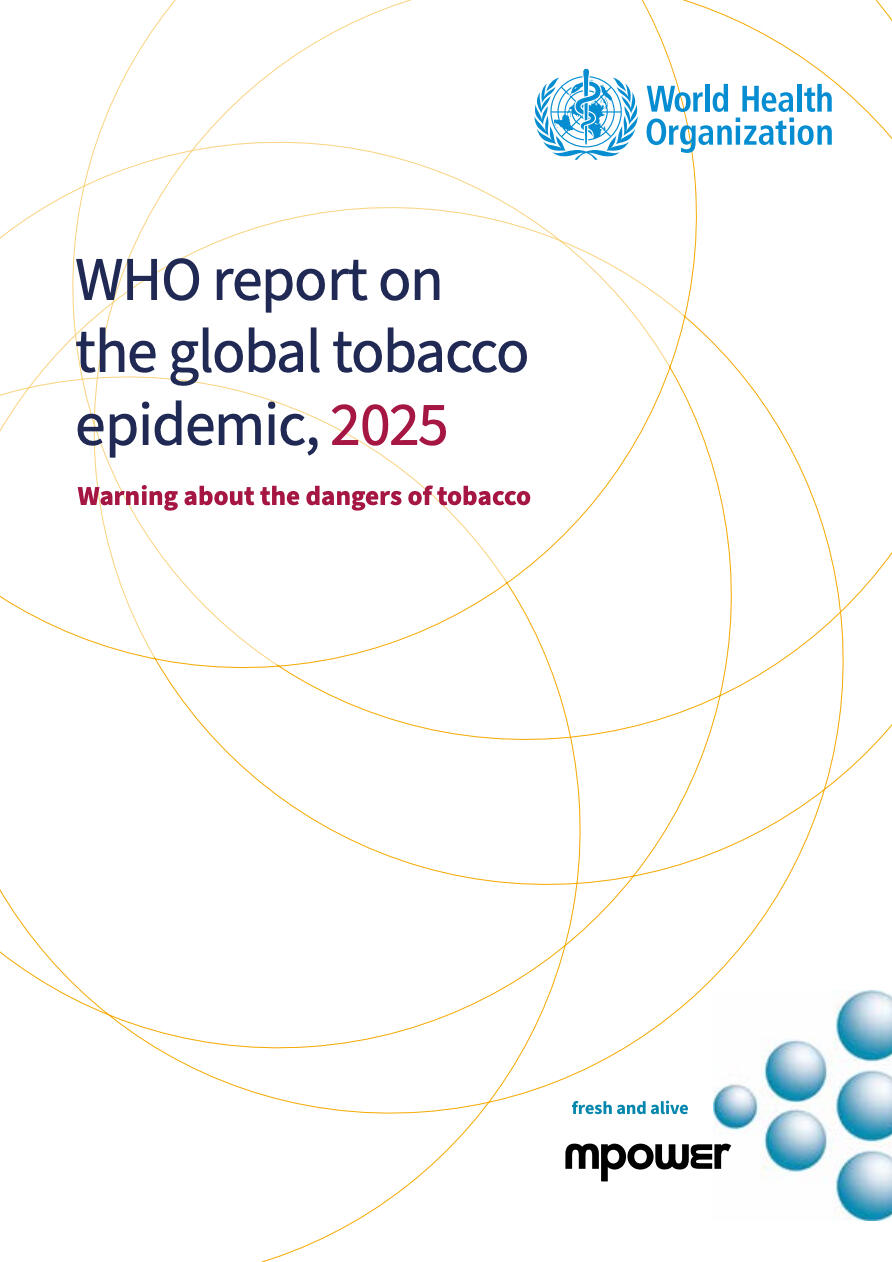
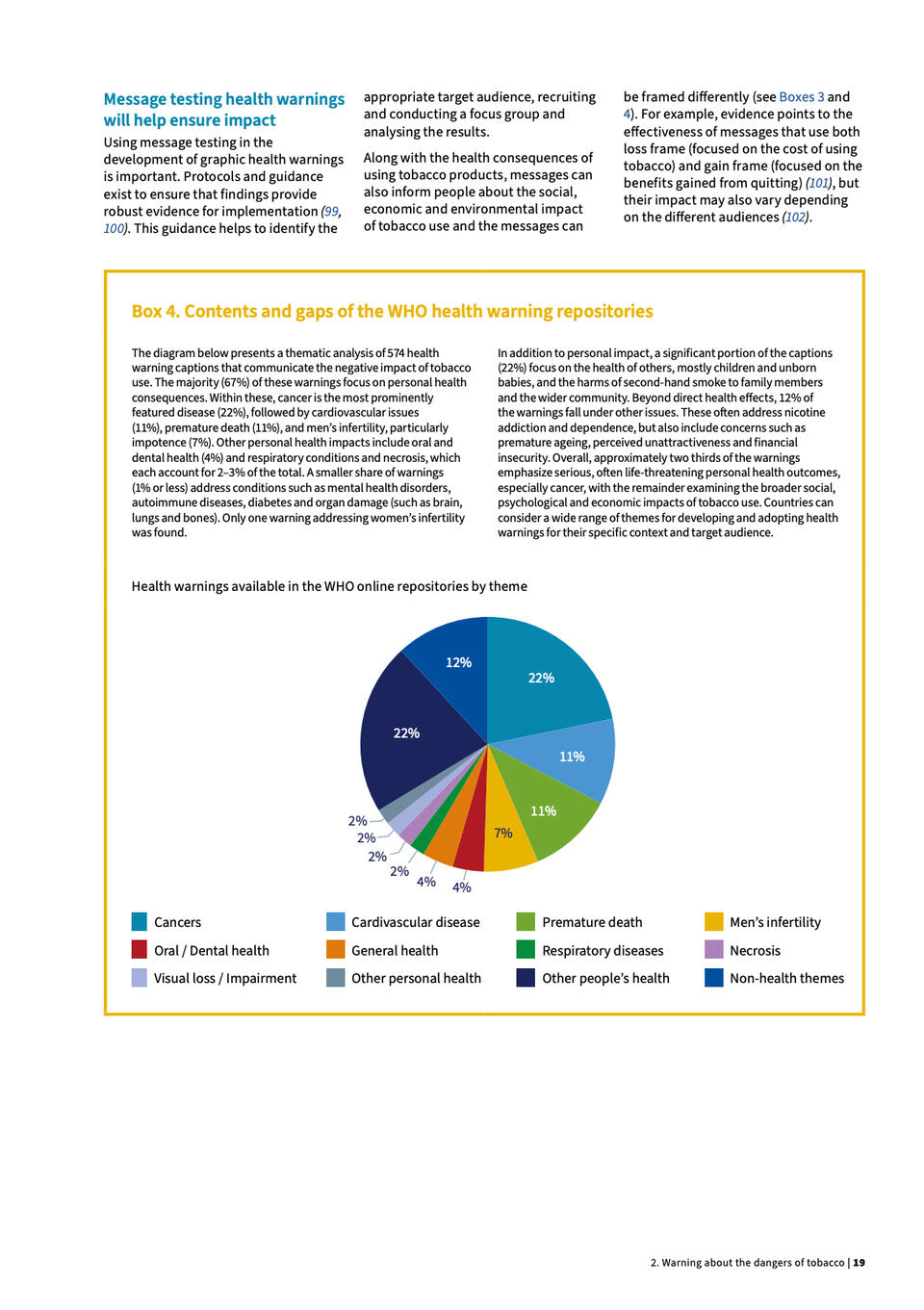
Carra is UK-based and works internationally.
© Carra Santos MSc. All rights reserved.
London Borough of Hounslow: Aligning Net Zero thinking with reducing urban inequality
Design Council • UK
As part of the Design Council’s work with the London Borough of Hounslow, I supported the Council’s Net Zero team who were exploring ways to strengthen community spirit towards tackling climate change in one of the borough’s most deprived neighbourhoods.The initial ambition was to improve air quality, transport, and access to public green space through a new parklet. However, early conversations raised important questions: were resources being directed to the right problem, and would residents feel able or motivated to use the proposed interventions? Moreover, would they feel heard or included in the process, engendering critical trust in the council? At the same time, teams working across environment, housing, policy, and social services were operating largely in silos, limiting shared understanding.
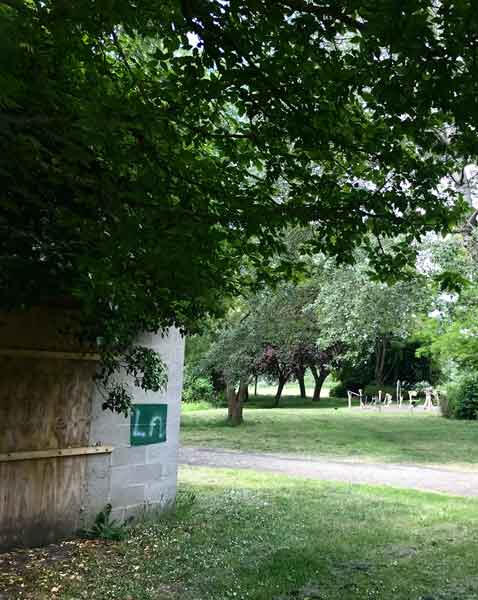
Together with my Design Council colleague Darren Evans, I guided the team through a design thinking process that combined field research with collaborative workshops.Discovery: A “ward walk” exposed both assets (community centres, artwork, green spaces) and stark barriers (unsafe parks, poor crossings, unhealthy retail, inequality between neighbouring streets). Importantly, existing council investments such as gym equipment and cycle storage were going unused, raising questions about deeper needs and use of resources.Workshops: Using a neighbourhood evaluation tool, departments then mapped resident needs - from basic safety and shelter through to education and belonging. They identified the Redwood Estate as an area where unmet basic needs and fear were preventing participation in community life.Research: Further investigation revealed financial insecurity, heavy reliance on sibling care, limited access to green space, and distrust of the council. The original parklet idea was dropped in favour of listening more closely to residents, including through intermediaries they already trusted.
Outcome:
The process shifted the project from installing a parklet to designing a community hub and council presence at the heart of the Redwood Estate - a far more relevant intervention for building the safety, trust and cohesion required for community-based solutions.Key results:
A reframed strategy rooted in equity, care, and co-benefits, aligned with lived experience.
Stronger interdepartmental collaboration and shared accountability across council teams.
A replicable model for design-led policy making, where initial assumptions are tested, challenged, and reshaped into evidence-based solutions.
This project demonstrated the power and courage of councils starting with people’s everyday realities: the council entered with a clear idea, discovered it wasn’t the right solution, researched further, and developed a stronger, more community-driven starting-point with more likelihood of engagement and long-term adoption.
In this project, I combined systems and design thinking to help an interdepartmental council team temporarily set aside their usual viewpoints, and examine an issue from multiple perspectives.If you would like to find out more about this approach and what I discovered, email me or connect via Linkedin to arrange a call.
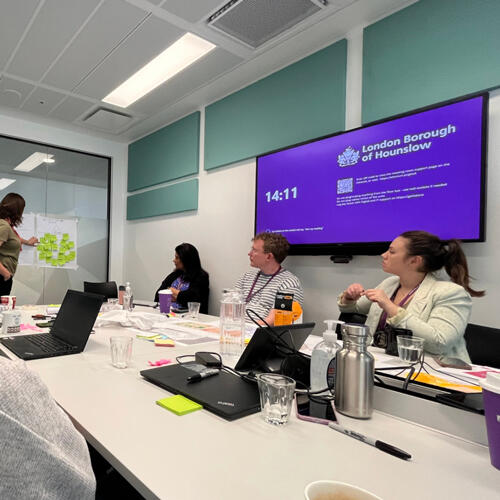
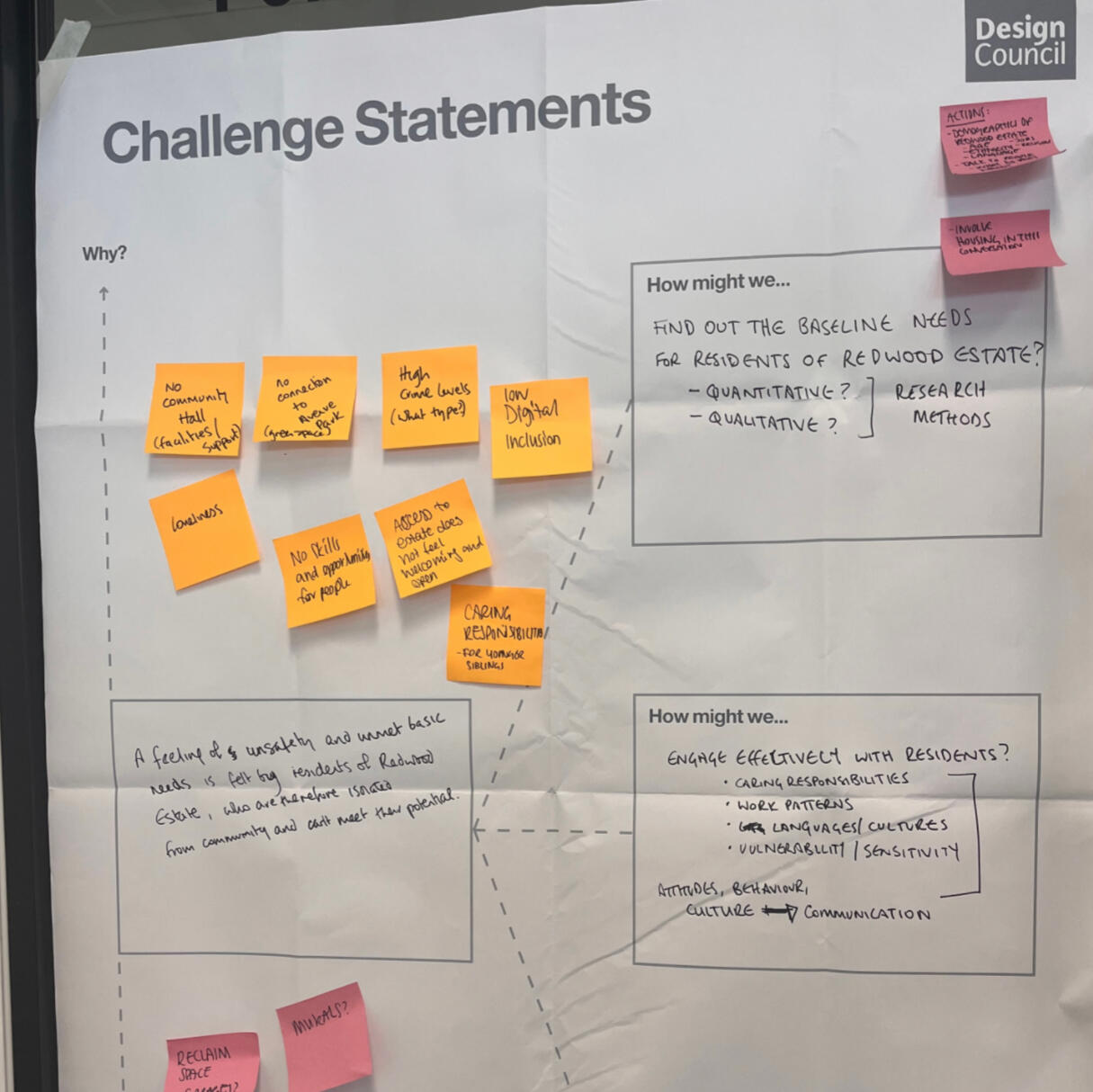
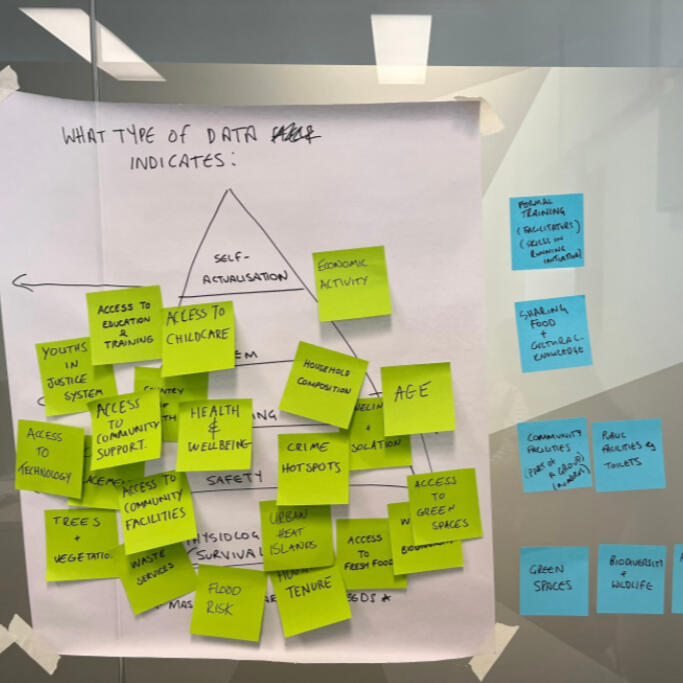
Carra is UK-based and works internationally.
© Carra Santos MSc. All rights reserved.
Doughnut Economics: Building cross-city stakeholder relationships for a regenerative economy
University of Bath • UK
Between 2023 and 2025, I tested citywide engagement around Doughnut Economics - a form of new economic thinking offering practical tools to design regenerative and distributive local economies. While interest in Doughnut Economics was growing across research, policy and civil society, activity was often siloed, limiting opportunities for shared learning, co-creation and applied policy impact.Within the Living Well Now and in 2050 research project, University of Bath researchers were exploring the potential adoption of Doughnut Economics as a regional economic development strategy. However, the framework’s emphasis on multi-stakeholder participation presented a challenge: there were limited resources to convene, support and sustain the kind of democratic and participatory engagement needed to meaningfully inform local economic policy and feed insights back to public sector partners.

Following an initial discussion, I designed and led an experimental engagement project in Bath to test how Doughnut Economics tools could be introduced, adapted and used across sectors. My role combined creative facilitation, knowledge exchange and relationship-building - bringing together researchers, policymakers, practitioners, students and community members, while observing what conditions made constructive engagement more achievable.I trialled and maintained a series of complementary engagement formats:
A nine-week Doughnut Economics Online Readalong with accessible summaries and multimedia resources.
24 in-person workshops involving participants aged 18–65 from public, private and civil society sectors.
A live-streamed public lecture, ‘Doughnut Economics: Can Bath Thrive Like Amsterdam?’ at Bath Royal Literary and Scientific Institute, with around 80 in-person attendees.
An ‘Urban Photo Walk’, photographing subliminal ‘doughnut’ shapes around the city, which gained international attention from the Doughnut Economics team.
A LinkedIn group with around 100 local members.
Crowd-sourced examples of inspirational national and international urban problem-solving projects applicable to Bath.
Separately, I supported and reported on the B&NES (Bath and North East Somerset) Doughnut Economics launch; designed Design Council workshops connecting young people and civil servants in Essex; supported “Celebration of the Possible” regional events in Staffordshire and Stoke-on-Trent for Globe Group CIC and Keele University; and contributed to the DEAL adaptation of the Three Horizons framework for business.
Findings:
Overall, the project generated practical insights into what enables productive cross-sector dialogue: informal, preparatory spaces; creative framing; sustained, relationship-based engagement; and tools that help people uncover connections between evidence, lived experience and policy goals.One particularly striking outcome emerged around a long-standing local tension between social and environmental priorities. Working in small, mixed groups and using only the thinking tools provided, participants independently concluded that environmental challenges in Bath were most effectively approached through a social lens. Reaching shared understanding on such a divisive theme - without external direction - demonstrated the power of well-designed, perspective-led engagement.Acting as both knowledge broker and facilitator, this work showed that this early, often invisible groundwork is critical to enabling meaningful policy-shaping conversations across cities and sectors.
In this project, I experimented with creative approaches to place-based participatory research, examining what worked, and what didn't work, to bring people from different backgrounds together around a topic.If you would like to find out more about this approach and what I discovered, email me or connect via Linkedin to arrange a call.
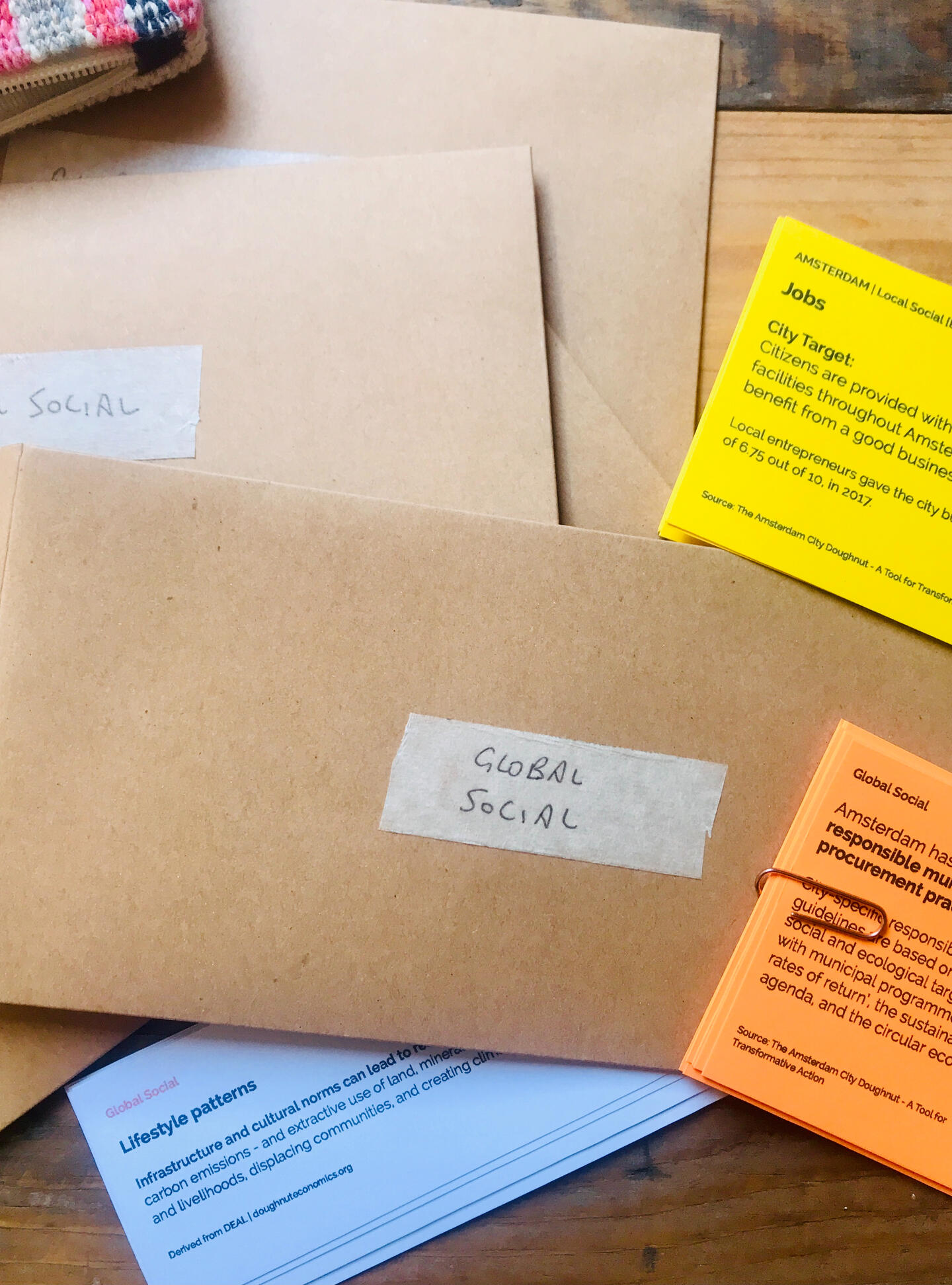
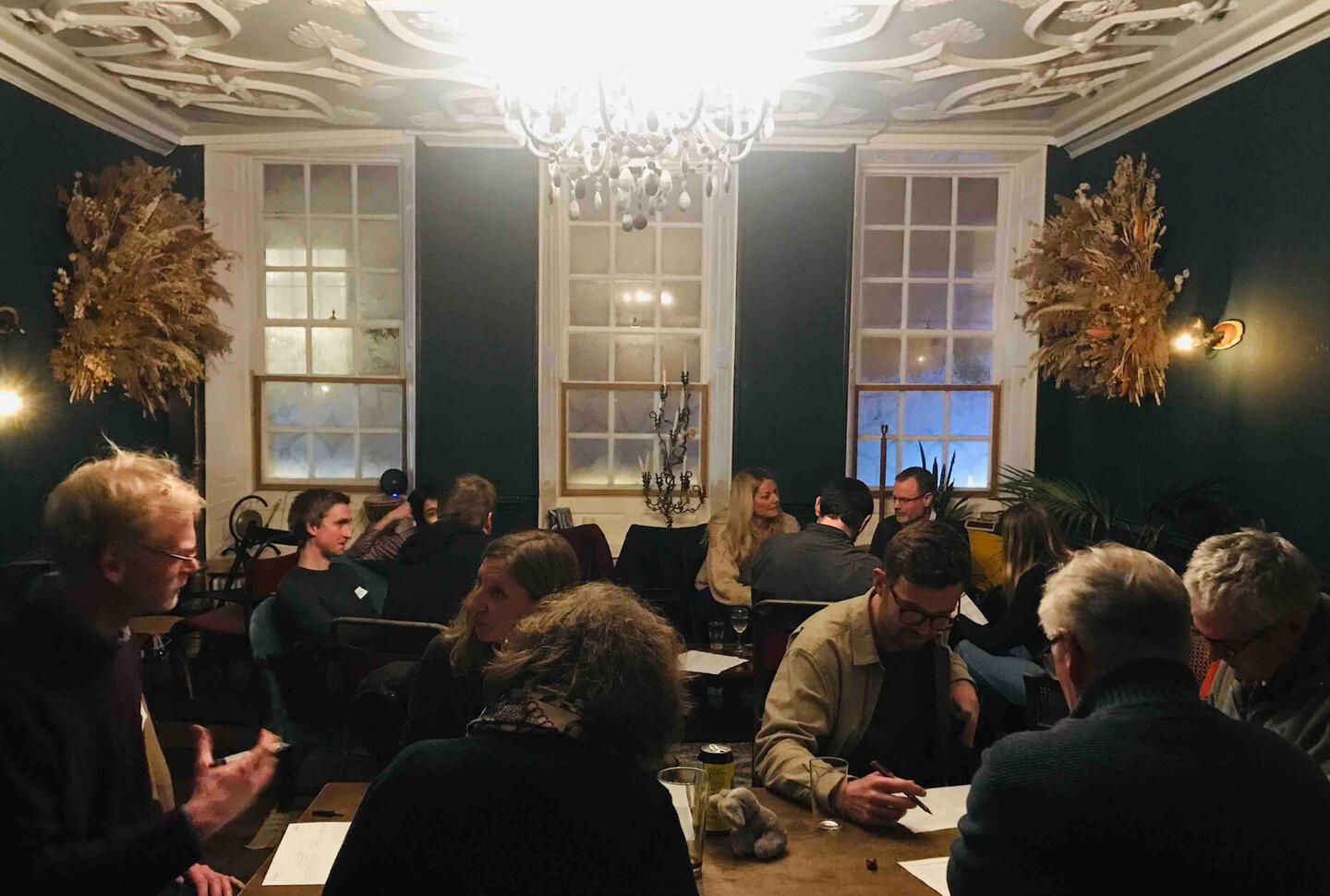
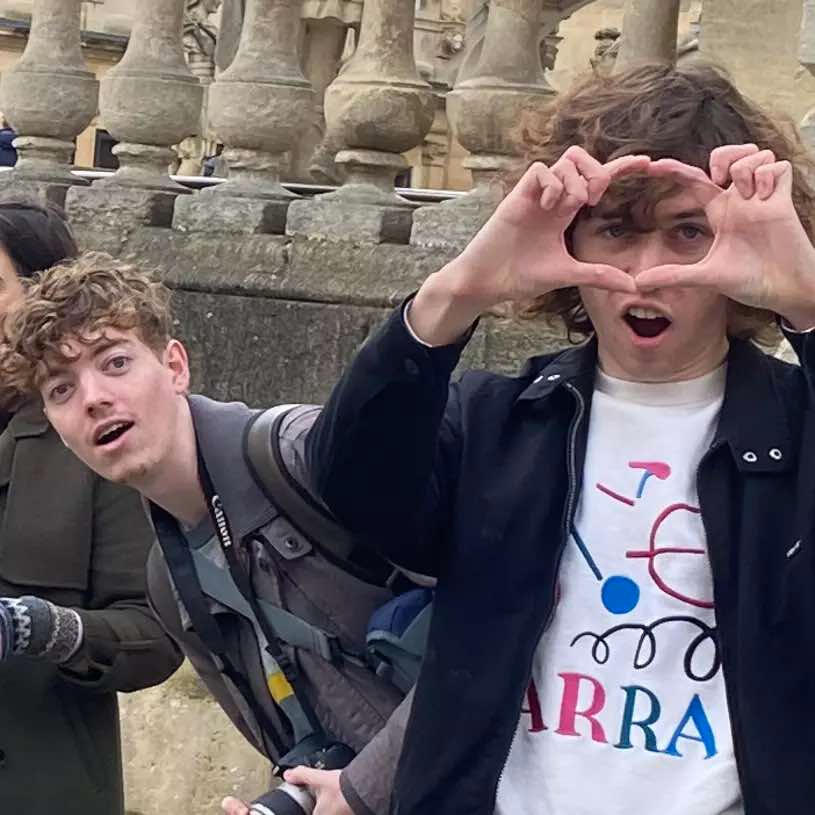
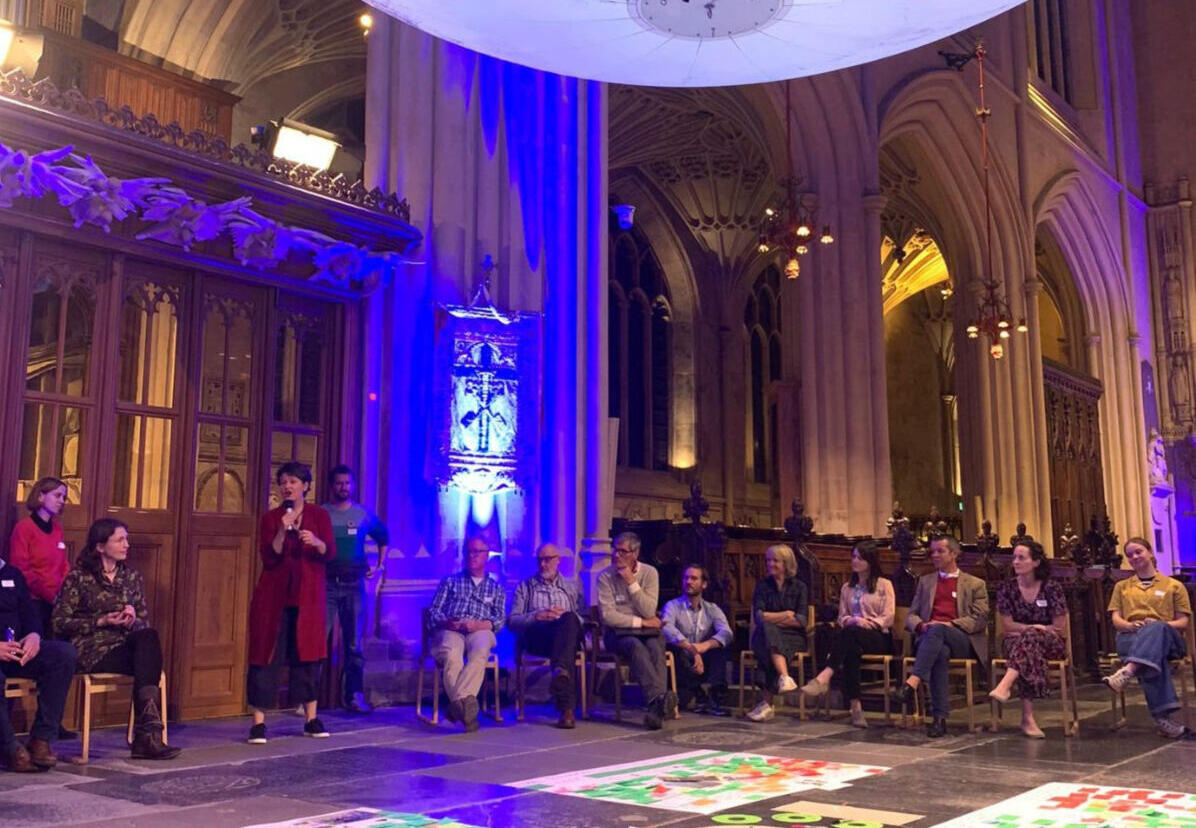
Carra is UK-based and works internationally.
© Carra Santos MSc. All rights reserved.
Independent Research: Resolving tensions in academic–industry post-growth economics communication
University of the West of England • UK
While studying new economic thinking in 2021, I noticed that attempts by academic degrowth advocates to engage business leaders were frequently met with immediate resistance, tension, and even hostility. The term 'degrowth' appeared to shut conversations down before they had a chance to begin - particularly in a culture where business 'growth' is an assumed norm. Yet, considering proposed degrowth activities alongside industry insights, I could see that some business leaders had quietly been working on similar ideas. The idea that a single word could keep parallel efforts segregated intrigued me.Working independently, I designed and led a Master’s research project to understand why dialogue on this topic was so highly-charged - and whether any common ground lay beneath the conflict. Using a grounded theory approach, I first analysed academic degrowth literature to identify the core principles and proposals underpinning the degrowth movement. I then deliberately set the polarising term aside and examined how similar ideas were being discussed within UK finance and technology - the sectors with the greatest media and industry influence.

To explore this systematically, I applied Schwartz’s Theory of Basic Human Values as an analytical lens, allowing me to compare not just language, but the underlying values, motivations and concerns being expressed. The findings indicated that, while degrowth as a term was consistently rejected in industry contexts, many degrowth-aligned practices were already being actively explored - but under the framing of the future of work.Where academic discourse emphasised planetary limits and reduced consumption, industry conversations focused on purpose, stimulation, innovation and meaningful work. Different frames for the same underlying concerns. The issue was not opposition to change, but misaligned framing that triggered defensive reactions before dialogue could begin.
Findings:
From this analysis, I developed a practical framework for identifying overlapping values and testing alternative frames as entry points into difficult conversations. In particular, meaningful work emerged as a neutral and motivating concept that resonated across sectors, offering a way to reposition degrowth ideas away from perceived austerity and towards human potential, wellbeing and innovation.Overall, the research demonstrated that communication on contentious topics is not neutral - it is designed, whether intentionally or not. By understanding how different groups interpret the same issue through different value lenses before communicating, academics and advocates can sidestep the hostility and open space for dialogue, enabling more constructive engagement on shared challenges.
In this project, I temporarily set aside a polarising term - in this case, degrowth - to find common ground for constructive communication with a critical stakeholder group.If you would like to find out more about this approach and what I discovered, email me or connect via Linkedin to arrange a call.
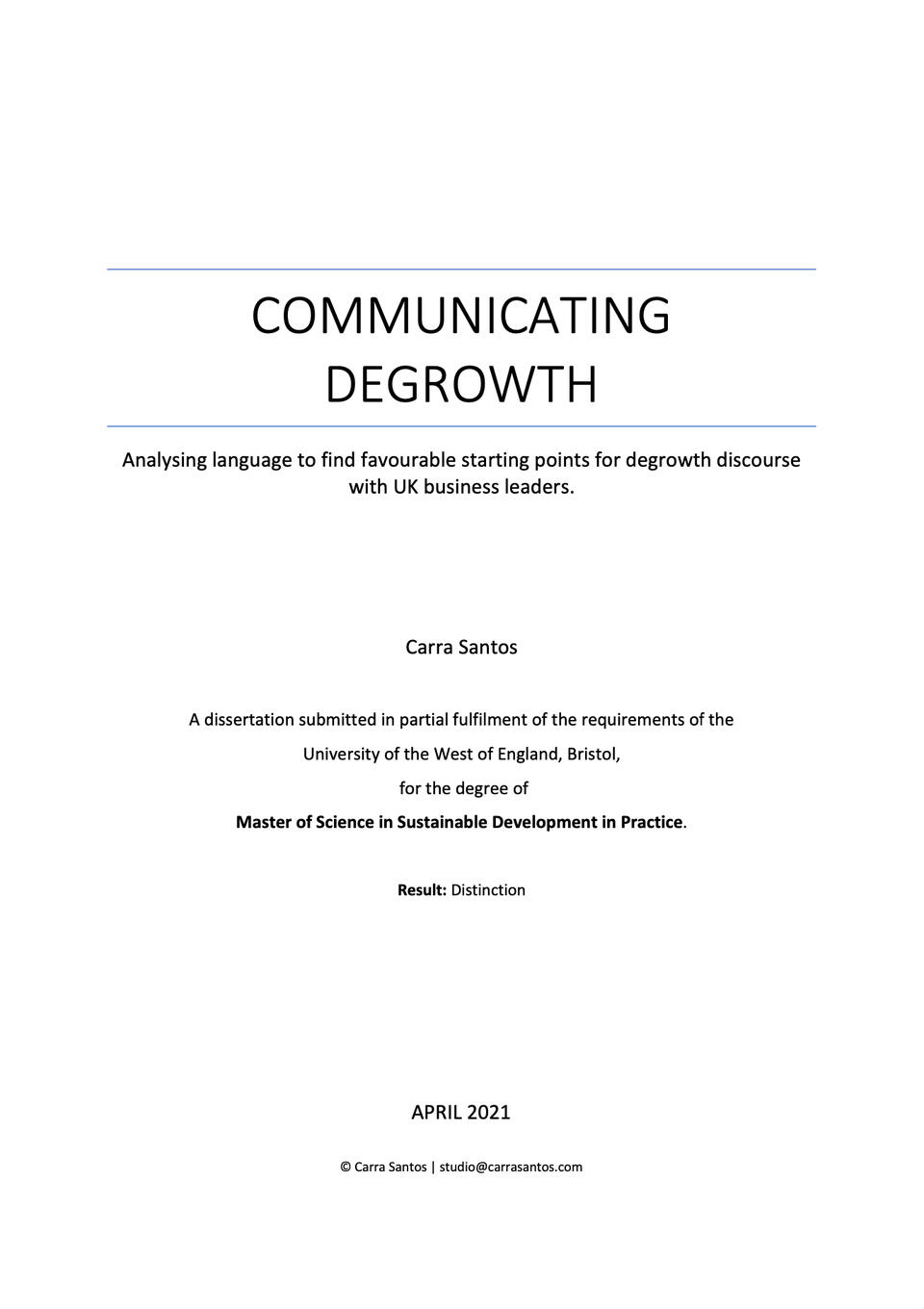
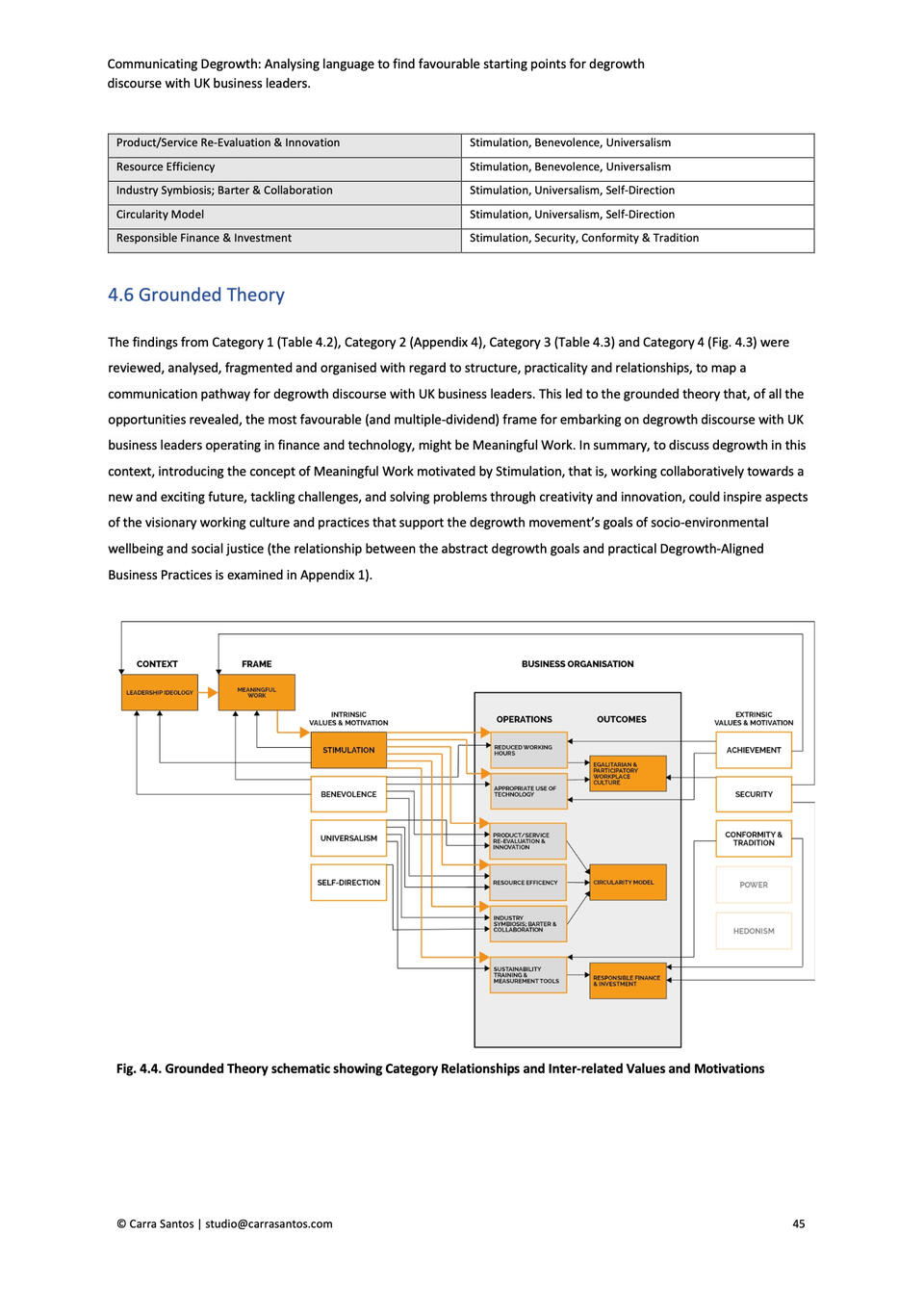
Carra is UK-based and works internationally.
© Carra Santos MSc. All rights reserved.
“The World We Will Create”: Engaging Essex youth in a climate-positive future
Design Council • UK
Co-leading Cohort 3 of Design, differently, I worked with climate representatives from Essex County Council and the Essex Climate Action Commission to explore how young people could shape a Student-led Climate Ambassador Network across Essex. Early insights highlighted wide variations in interest, understanding and priorities among students, teachers, families, and communities - challenges that risked limiting authentic engagement.Together with my Design Council colleague Darren Evans, I co-designed and facilitated a participatory co-creation workshop, The World We Will Create, bringing together 15-18-year-old students and their teachers to envision a climate-positive Essex by 2033, and share their vision with the Council and Commission. Using design, futures, and systems thinking techniques, participants explored long-term possibilities across Environment, Society, and Economy, and illustrated their hopes through creative exercises inspired by Doughnut Economics Action Lab tools.

Post-workshop analysis surfaced ten student-led, values-driven themes that could anchor climate engagement:
Circular Communities Skills and practices to reduce consumption and foster collaboration.
Restoring Nature Reintroducing trees, plants, and wildlife into towns and cities.
Tech for Good Using technology ethically to educate, connect, and solve problems.
Caring Communities Strengthening relationships and wellbeing through dialogue and kindness.
A Healthy Utopia Life Promoting low-carbon activities that support health and learning.
The New Role Models Highlighting inspiring people and businesses.
Clean Energy Advocating for renewables, energy efficiency, and sustainable transport.
Systems Change Improving fairness across justice, education, and opportunity.
Future of Work Shaping meaningful, accessible, and fair employment opportunities.
Our Learning Environments Operational and behavioural changes in schools to reduce emissions.
The top five themes were prioritised as starting points for the emerging Climate Ambassador Network, providing actionable entry points to connect climate action to young people’s motivations. The workshop design was intentionally replicable, allowing students and teachers to gather insights across broader networks, ensuring ongoing participation and feedback.
Outcome:
The project provided Essex County Council and the Essex Climate Action Commission with evidence-based, youth-led perspectives to inform climate communication grounded in student interests, opening new pathways for inclusive, long-term actionIt also offered a replicable participatory research workshop design for regional roll-out.
In this project, I temporarily set aside the dominant climate perspective to understand how the challenge might be interpreted by others.If you would like to find out more about this approach and what I discovered, email me or connect via Linkedin to arrange a call.
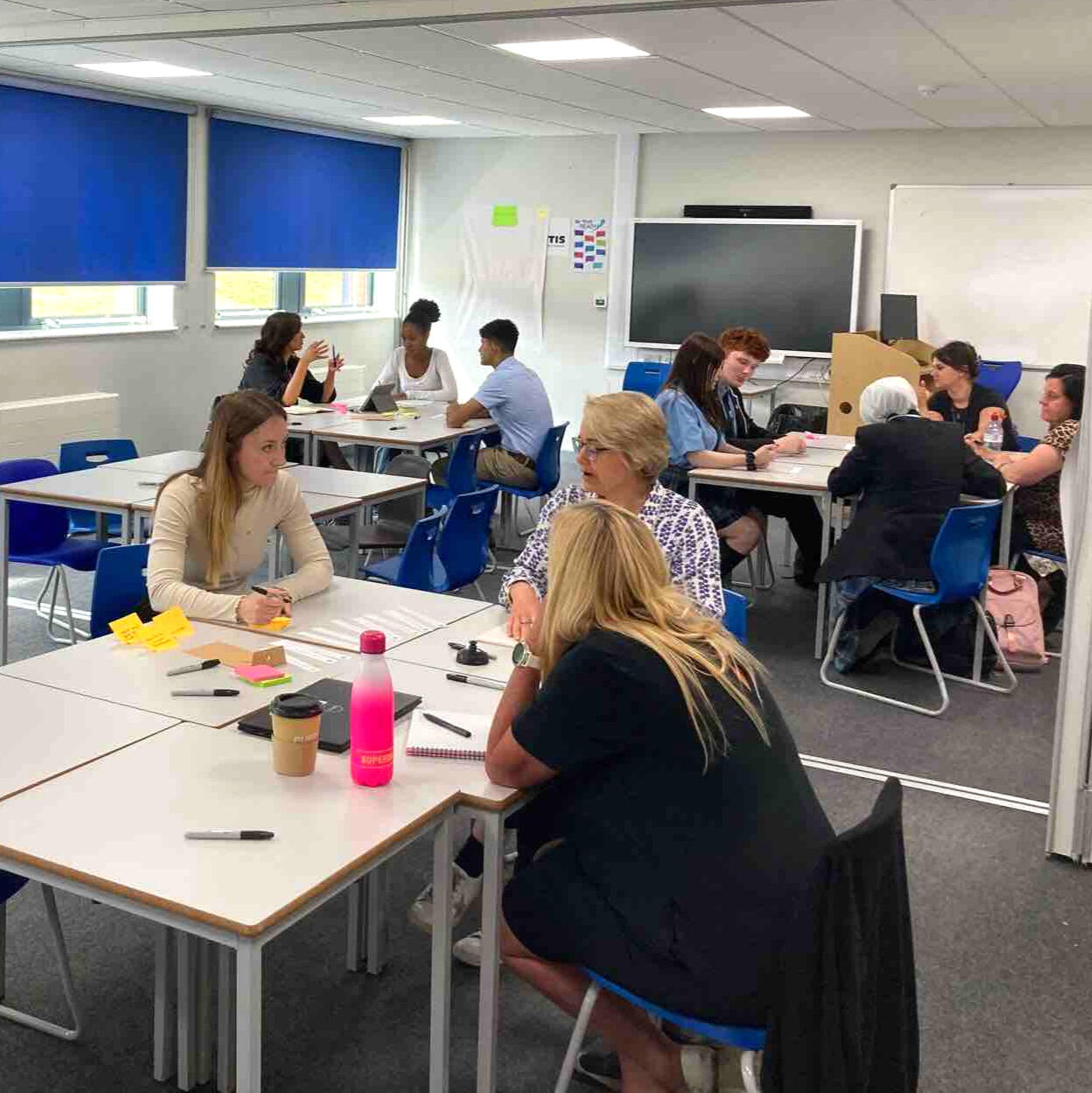
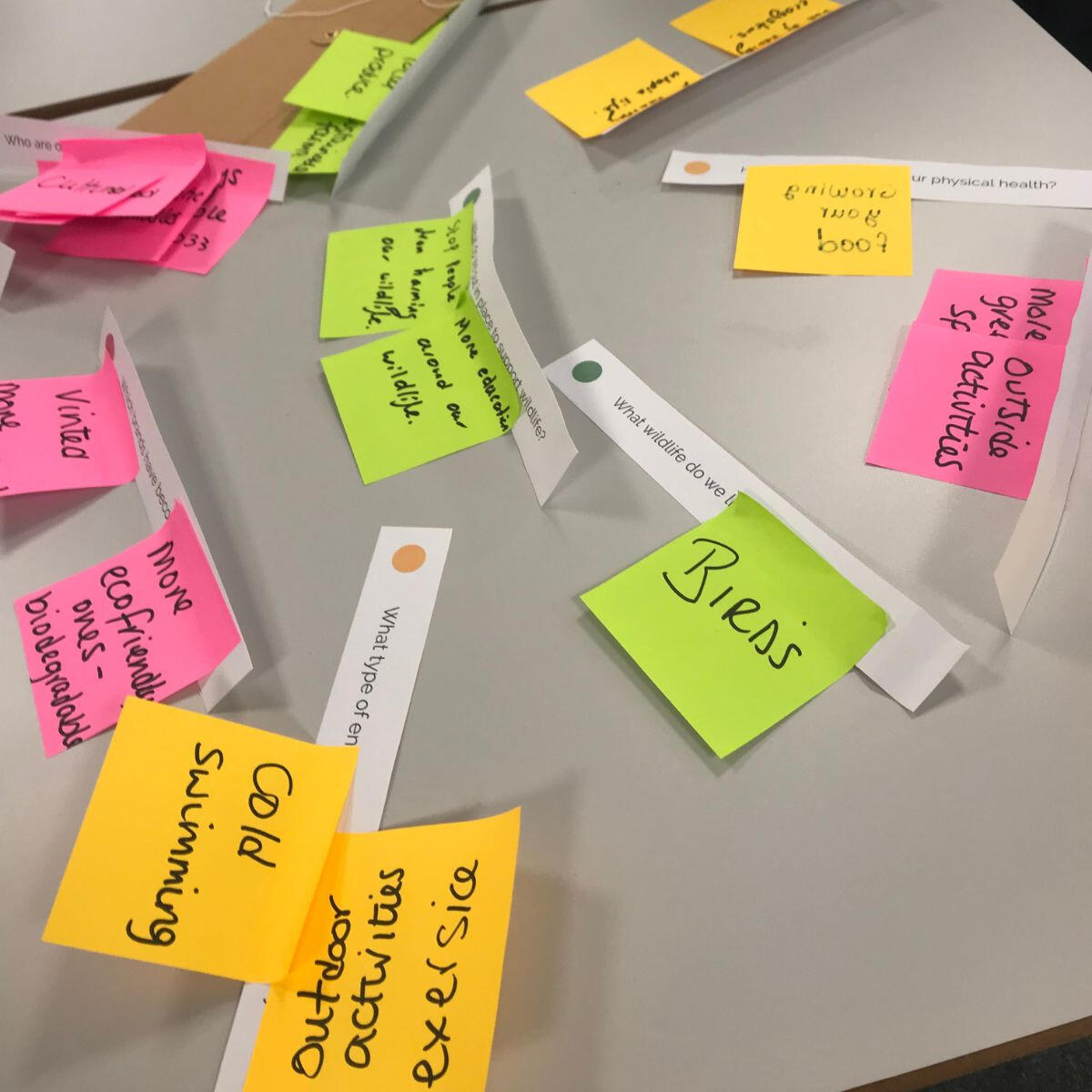
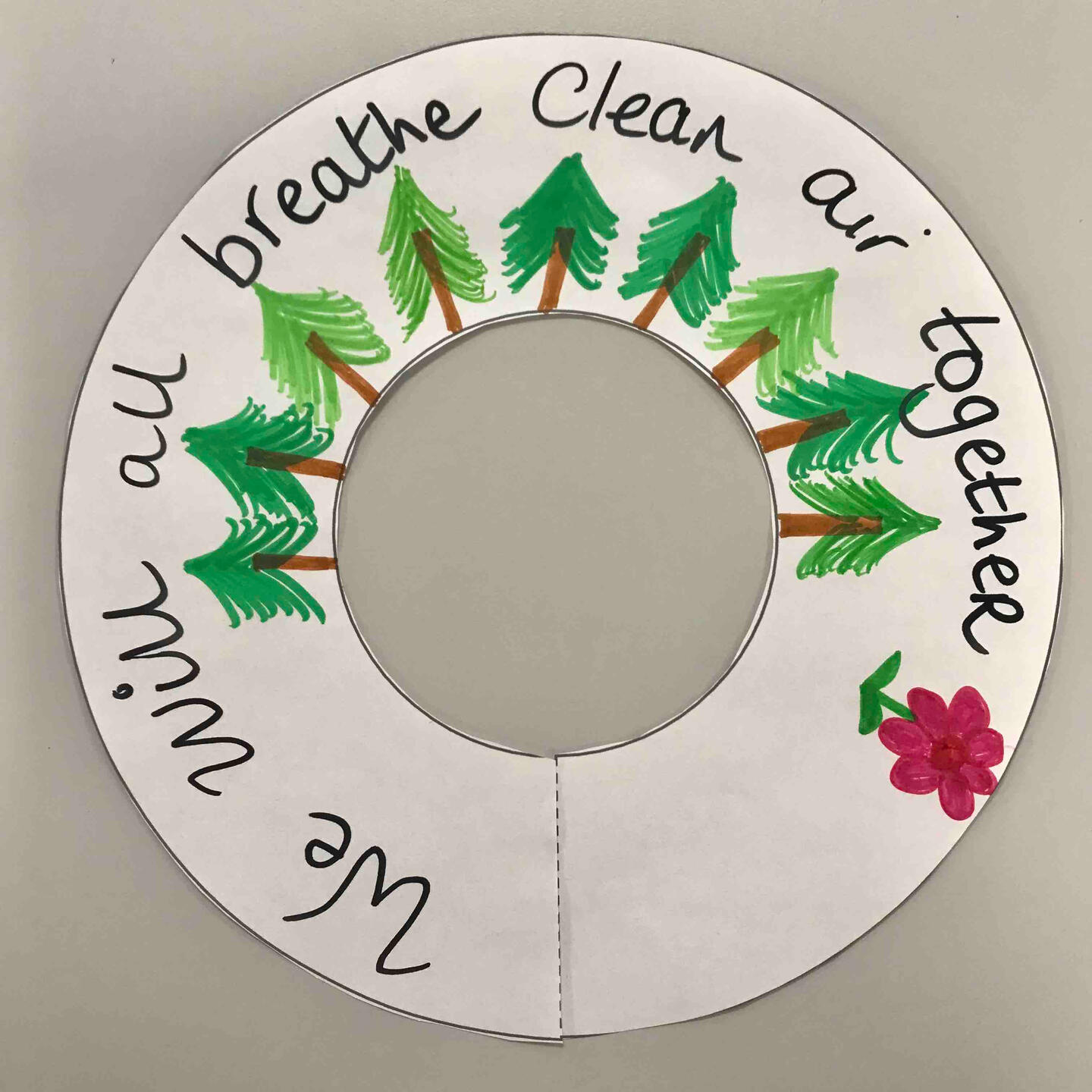
Carra is UK-based and works internationally.
© Carra Santos MSc. All rights reserved.
For Senior Leaders
Thinking Partner
I work one-to-one with senior leaders navigating complex or hostile territory who need space to think clearly before speaking or acting.This work may involve:
Sense-making around stakeholder dynamics observed or experienced to date
Reframing a challenge from multiple perspectives (sector, discipline, lived experience)
Testing assumptions underpinning strategic or communication decisions
Sense-checking proposals against stakeholder needs, risks and unintended consequences
Framing and commissioning design research to reduce uncertainty
Sessions are warm, reflective and structured - supporting stronger judgement and confidence when leading communication across disciplines, sectors or worldviews.
For Leadership Teams
Capacity-Building
In a focused two-day engagement, using a live or upcoming topic of your choice, I teach proven, repeatable methods that enable teams to:
Map the full stakeholder ecosystem and relevant influences
Identify the most critical stakeholder or group to engage
Examine the issue through their perspective to reveal influences, opportunities and constraints
Anticipate misunderstandings, resistance or points of friction
Develop early narratives and language aligned with key values and motivations
Draft a design research plan to test assumptions before engagement begins
With a deliberate focus on uncovering and reducing unknowns, these skills - alongside optional follow-on research support - help teams avoid hostile reactions, reputational risk and stalled initiatives.
With over 15 years’ experience across climate action, public health, food systems and economic transition, I’ve learned - like many others - that evidence alone is not enough to shape effective communication. It's the engagement approach that determines whether stakeholders open up, shut down or push back.
Effective changemaking communication treats people not as audiences to persuade, but as guidance and guardrails for more viable outcomes. Skipping this early-stage work leads to lost opportunities, wasted resources, mistrust and reputational risk.
Throughout my career, my work has been in the 'space between' disciplines, sectors and knowledge, combining systems thinking, design thinking, futures thinking and behavioural insights to help people bridge perspectives and build real-world connections.
I am particularly interested in how disconnects are maintained through misunderstanding - not from bad intentions, but from differences in language, values, incentives and practical barriers - and how these can be overcome early to support more constructive outcomes. Here are some examples of where I have worked to address this.
Exploring the Problem
Sharpen strategies by uncovering what really drives behaviour.
Many behaviours that appear irrational or resistant to change are actually shaped by social norms, systems and structures - not people's personal choices. I help teams identify these deeper patterns, so that strategies, policies and services are grounded in the real context of people’s lives.Support includes:
Behavioural insights mapping
Systems thinking for strategy and intervention design
Support for cross-disciplinary collaboration
Helps avoid:
Wasting resources on solutions that people can't adopt
Designing on assumptions and personas that don’t reflect reality.
Overlooking systemic blockers that hinder behavioural change.
Reduces risk by grounding strategy in how behaviour actually works - socially, culturally, and structurally.
If you would like to get clearer on what’s preventing the behaviours you're aiming to encourage, and what might help shift the barriers, email me or connect via Linkedin to arrange a call.
© Carra Santos MSc. All rights reserved.
Perspective Shift
Leadership tools for navigating unlike minds.
Engaging with like minds is easy.I help innovation leads, funders, programme directors and senior advisors prepare for engagement with unlike minds - in situations where values, motivations and life experiences differ, and where missteps can stall progress or cause harm.
Ask me about
Strengthening public-private-civil society collaboration
World Health Organisation • Geneva
Compiled a strategic review using behavioural foresight and design research to enhance cross-sector engagement and collaboration strategies. Curated tools enabling leaders to align stakeholder knowledge, perspectives and resources around the shared goal of reaching 5 million people globally.

Ask me about
Identifying multi-stakeholder narratives for health communication
World Health Organisation • Geneva
Produced novel research exploring country-level and culture-specific motivations to expand anti-tobacco messaging. Introduced actionable tools for policymakers and practitioners to engage local populations globally, supporting WHO FCTC Articles 11 & 12.
Ask me about
Embedding youth values in climate communication
Design Council • UK
Closed a communication gap between local students and council leaders, by applying futures thinking to imagine a climate-positive Essex. Outcomes strengthened alignment around ten youth-driven, values-led themes for the youth climate ambassador programme.
Exploring Different Perspectives
Develop evidence-based communication that resonates and drives action.
Well-intentioned messages risk falling flat because they miss what really matters to the people they serve. I help teams explore the values, meanings and motivations influencing choices and behaviours, translating these to inform communication strategies that build trust and move people to act.Support includes:
Audience insight and values mapping
Narrative framing and messaging strategy
Values-led storytelling and editorial guidance
Helps avoid:
Messaging that feels generic, patronising or irrelevant.
Misunderstanding what really matters to your audiences.
Undermining trust with communication that misses the mark.
Strengthens impact by speaking directly to people’s values, with nuance, evidence and empathy.
if you're working on communications that need to resonate across diverse audiences, email me or connect via Linkedin to arrange a call.
Carra is UK-based and works internationally.
© Carra Santos MSc. All rights reserved.
Creative Learning Experiences
Concept and production of design-led environments and tools that spark thought, conversation and interaction around sustainable futures themes.
2014-2020 Pop Up Cookspace
Concept, concept development, commercialisation and volume production of design-led mobile cookery demonstration kits for engaging food education, with clients ranging from councils and cookery schools to FMCG leaders and FTSE100s.2015 Mattergarden for 100% Design, London
Creative concept for a 160sqm design installation devised as an interactive platform for the exploration of natural and regenerative materials, treatments and applications used in design, architecture and construction.2014 Maker Carousel for 100% Design, London
An 81sqm makerspace concept and installation designed to reveal the magical world of the designer-maker - from paper prototyping, model-making and block-printing to 3D printing, smart tech and connectivity - a colourful journey steeped in experimentation and spontaneity. Voted 'Most Popular Feature' by 25k international visitors.2013 Farm Kitchen for 100% Design, London
A 272sqm immersive design concept, installation and pop-up restaurant integrating micro-agriculture - the practice of growing food on a small scale using a variety of light sources, irrigation methods and growing mediums - into interior design. One of ICON Magazine's 'Top 3 Highlights' of the show.
Exploring Interconnections
Lay the groundwork for alignment across sectors and perspectives.
Meaningful change rarely happens from within silos. I support mission-driven teams to build alignment across organisations, disciplines and lived experience - clarifying shared goals, uncovering hidden frictions, and creating space for real collaboration.Support includes:
Strategic facilitation and workshop design
Alignment strategy for multi-stakeholder projects
Tools to bridge language, expectations and roles
Helps avoid:
Projects that stall due to hidden misalignment.
'Talking past each other' between sectors, disciplines or motivations.
Missed opportunities for synergy and shared purpose.
Builds cohesion and momentum by addressing tensions early, clarifying roles and creating space for alignment.
if you’re working across sectors and want to build shared understanding, reduce friction, and move forward together with greater momentum, email me or connect via Linkedin to arrange a call.
© Carra Santos MSc. All rights reserved.
Ask me about
Introducing evidence-based innovation skills to UK climate action collaborations
Design Council • UK
Co-led a six-month programme of workshops, site visits and one-to-one coaching for six UK teams - community groups, social enterprises and local councils - applying design+systems thinking to strengthen the premise of place-based climate innovation.
Ask me about
Strengthening public-private-civil society collaboration on health innovation
World Health Organisation • Geneva
Applied behavioural foresight and design research to enhance cross-sector collaboration strategy. Curated tools for leaders to align stakeholder knowledge, perspectives and resources around the shared goal of reaching 5 million people globally.
About
Carra is an educator and strategist with over 15 years of experience at the intersection of behavioural insight, sustainability and design.
She works with policy professionals, technical experts, educators, and creative teams to develop strategy, learning tools and communication approaches that support meaningful social and behavioural change.Carra's work focuses on shifting unsustainable behaviours and supporting sustainable ones across climate, health, enterprise, and innovation. She has contributed to projects on design-led climate action (Design Council), regenerative and equitable economies (Doughnut Economics), sustainable fashion (Centre for Sustainable Design), global health promotion including tobacco cessation (World Health Organization), and place-based innovation through creative, social and urban design enterprises. For over a decade, she also ran a creativity and innovation studio designing products and environments that encouraged sustainable behaviour and sparked industry-wide innovation.Carra’s interdisciplinary approach blends academic insight with practical tools and culturally responsive communication. She is known for connecting unexpected dots - working across stakeholder groups to uncover shared values, simplify complexity, and move projects forward with coherence and momentum.Her current focus includes futures skills, values-led messaging, and designing learning tools for public sector teams, design schools, community organisations, and creative studios in the UK and Europe.
“Carra’s approach to every project is in-depth, practical and passionate; working with her is always a very pleasurable experience.”
She regularly facilitates workshops, roundtables and participatory research sessions, with engagements and talks including the WHO, Design Council, Design and Technology Association (DATA), Sustainable Innovation Conference, IFI, International Food and Drink Event, and 100% Design London.Carra holds an interdisciplinary MSc (with distinction) in Sustainable Development in Practice from the University of the West of England, and a BA (Hons) in Fashion Promotion & Illustration from the Surrey Institute of Art and Design (now UCA).
Carra is UK-based and works internationally.
© Carra Santos MSc. All rights reserved.
Supporting Services
Team coaching and consulting on live projects, factoring in overlooked perspectives, addressing risks, and course-correcting where required, so that progress is built on stakeholder insights throughout.
Individuals/Teams
→ Thinking, Planning & Capacity-Building
Targeted support to help individuals and teams reflect on current approaches, strengthen their foundations, and make outcomes more achievable and aligned:
Soundboarding & Sensemaking Sessions
One-to-one sessions to review ideas, projects or initiatives that are encountering resistance. We’ll uncover what’s happening beneath the surface, identify the misalignment, and map a more connected way forward.
Workshop Design & Facilitation Tools
Tailored workshops and adaptable toolkits to bridge knowledge gaps, develop shared language, and build capacity for strategic communication - especially across interdisciplinary or cross-sector teams.
Programme/Project-Based
→ Programme/Project Delivery Support
I help teams working on social, environmental and related economic challenges make sense of what’s needed to start positive conversations, and stay grounded in real-world context:
Communication for Social & Behavioural Change
Support to uncover narratives and frames, contextualise data, and design messages that resonate. I work with teams to build communication strategies rooted in behavioural insight, cultural meaning, and what inspires the people they aim to reach.
Cross-Sector Alignment & Collaboration Strategy
Support to align interdepartmental or cross-sector teams around shared goals. I help identify common ground, address conflicting assumptions, and co-create next steps, with lived experience embedded from the start.
Theory into Practice
Research Approach
This human-centred research approach ultimately supports cross-sector communication and collaboration by enabling diverse stakeholders to communicate more effectively, surface and share values, and co-create solutions that are contextually grounded. It also provides a rigorous foundation for responsible innovation, entrepreneurship and intrapreneurship, ensuring that initiatives are informed by proven needs, local insights, social dynamics and shared meaning.The master table below represents my proven flow from theory into practice.Contact me for case studies →
Master Table
1. Guiding Philosophy: Human-Centred Design (HCD)
A problem-solving and innovation approach that puts people's needs, experiences, values and contexts at the heart of the research and design process. It combines empathy, creativity and iteration to develop solutions that are both meaningful to users and viable in the real world.
| 2. Paradigm & Orientation | 3. Theoretical Frameworks/Lenses | 4. Process Frameworks | 5. Primary Research Methods | 6. Data Collection Techniques | 7. Analytic Approaches | 8. Mapping & Framing Tools (Sensemaking) | 9. Outcomes (Research Artefacts) |
|---|---|---|---|---|---|---|---|
| Constructionist & Interpretivist | Value Theory (inc. Values & Frames) | Design Thinking | Grounded Theory | Interviewing | Thematic Analysis | User Journey | Research Plan |
| Social Practice Theory | Systems Thinking | Ethnography | Observation | Discourse Analysis | Stakeholder Mapping | Research Report/Presentation | |
| Systems Thinking (also a process framework) | Futures Thinking | Participatory Research | Journalling | Needs Analysis | Empathy Mapping | Personas | |
| Design Research | Documentary Review | Value Analysis | Knowledge Matrix | Journey Map | |||
| Geospatial Mapping | Asset Mapping | Systems Map | |||||
| Insight Clustering | Narratives/Framing Statements | ||||||
| Needs Hierarchy | Design Briefs/Opportunity Areas | ||||||
| Workshop/Co-Design Sessions & Facilitation Guides | |||||||
| Strategy Recommendations | |||||||
| Guiding Principles | |||||||
| Theory of Change | |||||||
| Mission Map |
Next Steps
Research Planning
Exact combinations of activities and outputs, plus Evaluation methods, prospective Outcomes and Impacts are project-specific. These emerge from preliminary discussion and initial research.Contact me to discuss this approach →
© Carra Santos MSc. All rights reserved.
Case Study
Reframing Smoking Cessation:
From risk to cultural relevance.
Smoking has long been sustained not just by access or addiction, but by meaning. For nearly a century, the tobacco industry has reinforced smoking as a social and cultural practice, using values-based marketing to appeal to deep psychological motivations.This indicates that - while global public health efforts have often focused on the risk-based messaging (e.g. health dangers) that have proven to evoke strong emotional responses - there is potential to explore those social and cultural drivers too.
My Role
As a strategic communication consultant to the WHO, I identified an untapped opportunity to expand the scope of cessation messaging from loss to meaning, using Social Practice Theory and Schwartz Theory of Values as a bridge between scientific facts and and behavioural and cultural insights.Approach
To identify the opportunity, I conducted a cross-analysis of:
WHO pictorial health warnings and their dominant message frames
Values exploited by the tobacco industry over time (e.g. Hedonism, Achievement, Tradition)
Emerging localised cessation campaigns using positive, culturally-tailored narratives
I used Social Practice Theory to evaluate smoking and non-smoking behaviours as cultural practices shaped by knowledge, access, and meaning, then used Schwartz Values to map what meanings are missing from existing cessation messaging.
Research Approach
1. Guiding Philosophy: Human-Centred Design (HCD)
An approach to problem-solving that begins with understanding the people you’re strategising for, and involving them throughout the process to create solutions that are desirable, feasible and viable.
| 2. Epistemology/ Paradigm/ Orientation | 3. Theoretical Frameworks/Lenses | 4. Process Frameworks | 5. Primary Research Methods | 6. Data Collection Techniques | 7. Analytic Approaches (Inductive) | 8. Mapping & Framing Tools (Sensemaking) | 9. Outcomes (Research Artefacts) |
|---|---|---|---|---|---|---|---|
| Constructionist | Schwartz Value Theory | Values-Mapping Framework | Comparative Communication Analysis | Desk Research | Thematic Coding | Schwartz Values Map | Opportunity Report |
| Interpretivist | Social Practice Theory (SPT) | SPT Element-Mapping | Message Audit & Content Coding | Database Analysis | Value Alignment Analysis | Visual Sensemaking Tools | Slide Deck (Internal Use) |
| Pragmatic | Cultural Narrative Scanning | Case Study Synthesis | Gap Analysis | Conceptual Article | |||
| Informal Qualitative Insight | Strategy Recommendations |
Table 1. Research Toolkit. This table encapsulates the overall case. For more details on each stage and specific application, email me.
Insight
96% of health warnings used loss-framed messages focused on Security (e.g. health risks). This analysis revealed an opportunity to strengthen cessation efforts by integrating untapped values like:
Hedonism: Reframing quitting as joyful or freeing
Achievement: Connecting cessation to accomplishment and self-mastery
Tradition/Universalism: Aligning with cultural heritage or care for the living world.
This insight aligns closely with the WHO Framework Convention on Tobacco Control (FCTC) Articles 11 and 12, which emphasise the importance of culturally appropriate, innovative, and positive messaging strategies in tobacco control policy. By integrating values-based communication, this approach therefore supports and extends the policy goals of enhancing public awareness and driving social change across diverse populations.On this basis, I proposed this approach to form the foundation of a scalable, standardised model to craft evidence-informed, culture-specific cessation narratives, while maintaining global cohesion - setting the foundation for future capacity-building and collaboration among public health agencies and communications teams.Impact
This project contributed meaningfully to the WHO’s internal dialogue on values-based messaging, building on existing efforts by uncovering new opportunities to enhance behavioural impact in tobacco cessation communication.This case exemplifies my strength in translating complex academic theories into practical, actionable communication strategies, and my ability to apply connective thinking to bridge social psychology, cultural insights and public health. Ultimately, it reflects my commitment to advancing narrative approaches that contribute to stronger global health outcomes.
© Carra Santos MSc. All rights reserved.
Case Study
The World We Will Create
Inspiring Essex youth to co-create a climate-positive future by 2033.
This case study explores a design-led intervention to support Essex County Council and the Essex Climate Action Commission in engaging young people as co-creators of a student-led Climate Ambassador Network. Within the Design Council’s 'Design, differently' programme, we applied a combination of Design Thinking, Systems Thinking and Futures Thinking to support youth climate engagement action strategy in Essex.The process generated both strategic insights for the Climate Ambassador Network and replicable tools for wider community engagement. This case demonstrates how applied ethnography and design research can yield situated knowledge that is meaningful to both practice and theory.
Context
This project took place within the Design Council’s 2023 ‘Design, differently’ programme, where my colleague Darren Evans and I had been commissioned to introduce design thinking principles (among others) to councils and communities addressing local climate challenges across the UK.Challenge
In this particular project, we were supporting Essex County Council and the Essex Climate Action Commission (the project team) to test and strengthen their approach to developing a student-led Climate Ambassador Network. The project was stalling due to limited success in youth engagement across the region to date.Design Thinking
Design thinking is a process framework closely related to Human-Centred Design, a problem-solving and innovation approach that puts people's needs, experiences, values and contexts at the heart of the research and design process. It combines empathy, creativity and iteration to develop solutions that are both meaningful to users and viable in the real world.I summarise it quite simply: if you are designing something that involves, supports, or affects people, then - naturally - you will have been talking to those people. How else would you know what you need to design?This practical definition which aligns with constructionist and interpretivist epistemologies; that knowledge and meaning are co-produced with participants and shaped by their contexts.Research Approach
There can be a perceived disconnect between academic research and design research. Academic research often focuses on developing general theories and following structured methods, while design research tends to concentrate on iteratively addressing real-world problems in specific contexts. Rather than viewing these approaches as incompatible, I see an opportunity to design research processes that demonstrate both academic rigour and creative engagement from the outset, to keep things moving.This is the approach that Darren and I were positioned to provide, adopting a multi-paradigm approach that draws on:
Human-Centred Design as a guiding philosophy (if designing for people, then designing with those people).
A mix of constructionist, interpretivist and pragmatic perspectives (the understanding that knowledge and meaning are shaped by people’s experiences, values, and the situations they’re in).
A flexible, evolving toolkit of research and design methods.
This combination allowed us to create a research process that was grounded, responsive and rigorous, while also allowing space for creativity, reflection and participation - a hybrid approach that reflects growing trends in transdisciplinary research.
Research Approach
1. Guiding Philosophy: Human-Centred Design (HCD)
An approach to problem-solving that begins with understanding the people you’re strategising for, and involving them throughout the process to create solutions that are desirable, feasible and viable.
| 2. Epistemology/ Paradigm/ Orientation | 3. Theoretical Frameworks/Lenses | 4. Process Frameworks | 5. Primary Research Methods | 6. Data Collection Techniques | 7. Analytic Approaches (Inductive) | 8. Mapping & Framing Tools (Sensemaking) | 9. Outcomes (Research Artefacts) |
|---|---|---|---|---|---|---|---|
| Constructionist | Schwartz Value Theory | Design Thinking | Ethnography | Journalling | Thematic Analysis | Stakeholder Mapping | Research Plan |
| Interpretivist | Social Practice Theory | Systems Thinking | Participatory Research | Value Analysis | Empathy Mapping | Research Report/Presentation | |
| Pragmatic | Systems Thinking | Futures Thinking | Knowledge Matrix | Narratives/Framing Statements | |||
| Insight Clustering | Workshop Facilitation Guide | ||||||
| Strategy Recommendations |
Table 1. Research Toolkit. This table encapsulates the overall case. For more details on each stage and specific application, email me.
Enquiry
Using Design Thinking and Systems Thinking as process frameworks, we supported the project team to explore the broader ecosystem influencing youth engagement in climate action.Stakeholder Mapping is both a system mapping tool and a data elicitation method, consistent with participatory systems thinking. Applying it identified the multiple actors involved - from students, teachers and headteachers to families and community members, spanning homes, schools, sports clubs etc across the county - highlighting the fragmentation of existing efforts, varying levels of climate anxiety among students, and the lack of clear, accessible entry points into cohesive climate action.Empathy Mapping then enabled reflection on the approach to date, with findings revealing that previous engagement efforts had leaned heavily on technical language and environmental data led by the council team, which indicated a critical barrier to effective youth engagement - especially in the context of a cost of living crisis.This revealed a gap between top-down climate initiatives and youth participation - a systems-level engagement challenge where 'meanings' or 'motivations' behind a shared goal are diverse and disconnected. This maps directly to value theory and critical design ethnography, exposing disconnects between institutional framings and lived experience.The project team developed a Knowledge Matrix to clarify knowns and unknowns and draft a Research Plan, with Value Theory and Value Analysis key methods to examine what actually resonated with students: their beliefs, emotions, and lived realities.Research Activities
To address unknowns, a co-creation workshop The World We Will Create was designed and delivered to a test sample of 15–18-year-olds and their teachers, alongside council staff. The workshop - functioning as both data generation and intervention - aimed to offer an interactive demonstration of Participatory Research, and applied a mix of Systems Thinking and Futures Thinking to encourage all participants to look beyond short-term crises toward longer-term collective aspirations.The session began with a visioning exercise based on an excerpt from The Future We Choose by Christiana Figueres and Tom Rivett-Carnac. Next, small groups used structured questions across three domains - Our Living World, Our Cities and Communities, and Our Working Life - exploring the 'meanings' and 'motivations' elements of the individual values and social norms that shape behaviours, as per Values Theory and Social Practice Theory. Participants also used Journalling techniques with creative prompts.Participants then engaged in Insight Clustering to connect ideas across domains, then visually expressed their visions through an exercise based on the Doughnut Economics Dream Spiral - a creative Mapping & Framing Tool rooted in individual values and imagination - culminating in a spiral of illustrated personal visions connected into one collective ethnographic artefact: a Journey Map toward a climate-positive Essex in 2033.Post-Workshop Analysis
Following the workshop, I applied Thematic Analysis to the collected artefacts and interpreted them into a set of ten participatory Narrative/Framing Statements, blending sensemaking and storytelling in a strategic framing format which articulated student hopes through a coherent, motivating lens.OutcomesThe ten emergent themes revealed how students connect direct and indirect climate action to their own lives and futures, revealing both individual motivations and collective visions:
Circular Communities
Developing circular and collaborative skills - like growing, cooking, making, repairing, and more - that bring us together creatively for reduced consumption and 'zero waste'.Restoring Nature
Putting trees, plants, flowers and wildlife ecosystems back in our towns and cities.Tech for Good
Developing technology ethically to empower us, educate us, connect us, and solve problems.Caring Communities
Developing skills and spaces to talk, listen, and spend time with each other, taking care of each other through kind actions, not things we buy.”A healthy utopia life”
Improving health and wellbeing through low-carbon activities like reading, learning, meditation, exercise and positive communication.The New Role Models
Finding more people and businesses with qualities that inspire us, learning from them, and sharing them widely.Clean Energy
Reduce fossil fuel energy use and advocate for energy efficiency, through renewables like solar and heat pumps, insulation, and active travel.Systems Change.
Uniting our voices to improve the justice system, education, equal opportunity, global fairness, funding distribution, and courageous leadership.Future of Work
Creating the conditions for the working practices we want, the jobs we love, and the professions we value, to be accessible, respected and paid fairly.Our Learning Environments
Making operational and behaviour changes in schools and colleges to reduce emissions and preserve resources.
A post-session questionnaire further revealed the five themes most resonant to the group sampled, reinforcing the participatory element of strategy development for Climate Ambassador Network communication.To extend the reach and local relevance beyond the sample, the workshop design was intentionally replicable. The project team was offered Workshop Facilitation Guides, allowing them to encourage their network of teachers to use the same methods to gather and share further data from across the county - a capacity-building outcome which is central to design justice and participatory research ethics.Conclusion
Rather than presenting a fixed solution, this work models a participatory design research process that generates insight with, not for, communities. It bridges institutional policy goals and youth voices using tools and thinking rooted in design ethnography, systems thinking, and values-based futures exploration.Overall, this case study offers a snapshot of how academic and design research might be intentionally aligned from the outset, grounding practical enquiry in robust theoretical frameworks, while retaining the creative and participatory strengths of design.
© Carra Santos MSc. All rights reserved.
Much behaviour change work focuses on individuals. But many of our everyday actions aren’t driven purely by personal values or conscious choices - they’re shaped by the dominant social structures around us. Individual attempts to reduce fast fashion consumption, eat healthier food, increase physical inactivity or quit tobacco, for example, are often blocked by broader social norms and systemic barriers.Drawing on a set of inter-related frameworks, my approach expands the focus from individual to social behaviours by building capacity to explore the cultural, structural and systemic conditions that maintain unsustainable norms, and identify potential interventions to shift them, by:
Across sectors, I strengthen thinking, collaboration and communication so that good ideas can lead to meaningful outcomes. Here’s how clients and colleagues have described the results.
→ Thinking Partner
One-to-one connective thinking calls for leaders and teams
I support leaders and project leads to make sense of complexity - clarifying what matters, what (and who) is missing, and what to do next. These sessions help reconnect vision with momentum and move projects to the next stage.
'Unsticking' a stalled idea, project or initiative
Finding parameters and framing an interdisciplinary challenge in context
Considering communication for cross-sector/disciplinary teams and stakeholders
Related example
The cross-sector WHO Tobacco Cessation Consortium, where I distilled insights from technical meetings into a clearer leadership direction that supports greater collaboration between public, private and civil society partners.
→ Alignment Sessions
Creating space to see things differently and think together
I design and facilitate workshops and learning sessions that help people from diverse sectors or disciplines build collective understanding, align on strategy, and generate next steps on common ground and shared resources.
Strengthening cross-sector innovation processes
Aligning teams around missions and values
Exploring cross-disciplinary insights addressing complex challenges
Related example
Enabling an interdepartmental council team to soften silos and align Net Zero goals with local lived realities - reframing climate action through care, equity, and social-environmental co-benefits to draft a more unified approach.
→ Theory into Practice (and vice versa)
Anchoring grassroots projects in academic theory and global goals
I support academic teams, policy advisors and communities to bridge the gap between theory, policy, and lived experience - grounding real-world initiatives in academic theory and local, national and global governance while uplifting both students and communities.
Integrating local innovation into course/policy content and communication
Designing assignments that reflect real-world complexity
Building collaboration between academic, council and community partners
Related example
Co-designing a futures-led process for Design Council and Essex Climate Action Commission to help young people shape the region’s climate strategy - connecting lived experience with value theory and long-term policy thinking.
→ Sense-Making & Story-Finding
Turning complex data and insights into clarity and inspiration
I analyse research, data, documents and organisational knowledge to surface hidden narratives - patterns, gaps and opportunities - that inform creative communication and engagement, especially in science and health.
Revealing fresh insights and approaches to climate/public health communication
Making research findings more accessible to a wider range of audiences
Identifying gaps in understanding or stakeholder buy-in
Related example
Supporting the WHO through pattern-spotting within behavioural and cultural insights around tobacco communication - shaping strategic next steps through cultural analysis, framing and storytelling.
Project Support
I also help teams apply these skills over the longer term through tailored support:
Soundboarding & Sensemaking. One-to-one sessions to uncover what’s driving resistance or misalignment and to map a clearer, more connected path forward.
Strategic Editorial & Communication Design. Reviewing and shaping content that brings technical insights to life, from framing and storytelling to visuals that make complex ideas clearer and more actionable.
Workshop Design & Facilitation Tools. Custom workshops and toolkits to bridge knowledge gaps, develop shared language, and build strategic capacity - especially across disciplines or sectors.
Approach
I work with policy advisors, technical experts, educators, organisations and entrepreneurs working on strategies, initiatives or projects aimed at building more sustainable ways of working and living.In particular, I help them strengthen two interconnected capabilities that are key to building momentum and avoiding missteps - especially as this work involves engaging with people beyond their traditional frame of reference:
Cross-sector communication and collaboration
Navigating differing language, assumptions and priorities across sectors and communities, so critical perspectives are built into the work from the start.Responsible innovation, entrepreneurship and intrapreneurship
Developing ambitious ideas grounded in real-world needs and shaped through collaboration, not isolation, so changes are more likely to be adopted and viable long-term.
These capabilities are critical because today’s challenges are complex, cross-cutting, and often need more human than technical solutions. They require aligned stakeholders, adaptive mindsets, and the ability to turn learning into action - while engaging the right people, at the right time, in the right way.
| Capability | via Learning Design & Facilitation | via Strategy/Project Support |
|---|---|---|
| Cross-sector communication and collaboration | Learning experiences that acknowledge and navigate differences, develop inclusive research plans, and bring diverse teams together around shared goals. | Leadership coaching and consulting on live projects, helping teams make sense of complex dynamics, build shared understanding, and move forward cohesively. |
| Responsible innovation, entrepreneurship and intrapreneurship | Learning experiences that focus on the early stages of the innovation process - building practical, context-aware foundations for ideas to grow and adapt. | Leadership coaching and consulting on live projects, that helps spot opportunities, surface risks, and course-correct, so that progress connects to anchor points at all stages. |
Contact me to talk about what this might look like for you ↓
Learn The Basics
Declutter the Landscape
A practical starting point for enterprise leaders and teams to uncover their starting-point for sustainable futures: cutting through sustainability myths and misunderstandings that can paralyse progress, and equipping you to step forward confidently on what inspires.View PDF Overview Online →

Strong FoundationsFrom experience, this work tends to start from two key areas that forge strong foundations for any project or initiative:
Context-Aware Innovation
Developing ambitious ideas grounded in real-world needs and shaped through collaboration, not isolation, so changes are more likely to be adopted and viable long-term.Cross-Sector Communication
Navigating differing language, assumptions and priorities across sectors and communities, so critical perspectives are built into strategic collaborations and communications from the start.
Ask me about

Tobacco Cessation Consortium
World Health Organisation
Supporting Phase 1 strategy development and technical analysis to help WHO strengthen collaboration and sustainable growth across public, private and civil society sectors, in line with WHO FCTC goals.
Ask me about

Education & Enterprise Innovation
Various Clients
Equipping academics and enterprise leaders with futures literacy to drive curriculum change, unravel complex issues and enable alignment with emerging stakeholder expectations and sustainability goals.
Ask me about
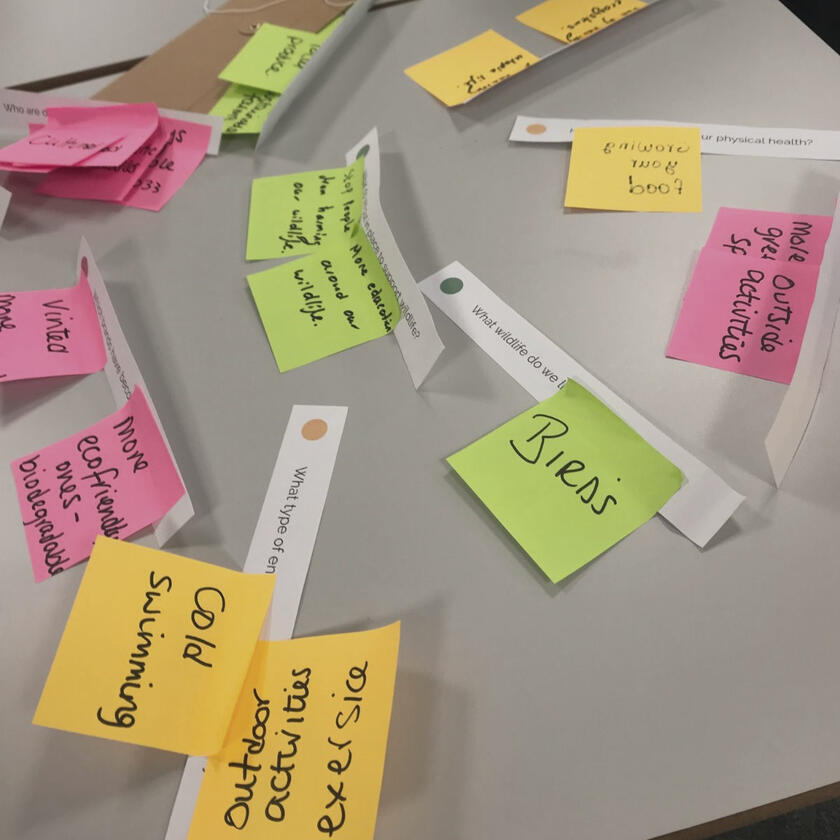
The World We Will Create
Essex County • UK
Engaging young people in local climate action using futures thinking and participatory research, co-creating values-led themes that strengthened Essex’s climate strategy with evidence-informed, youth-driven insight.
Ask me about

WHO GTCR
World Health Organisation
Specialist consulting on a 6 month project, translating technical insights into storytelling within the 10th WHO Report on the Global Tobacco Epidemic (WHO GTCR). Enhancing engagement and understanding among global policymakers, funders and community stakeholders.
Ask me about
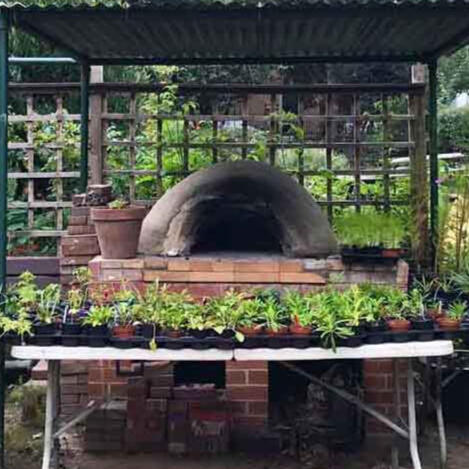
Design, differently
Design Council • UK
Coach and co-facilitator for a 6 month programme supporting six UK councils and community groups to integrate systems and design thinking methods into climate action plans. Synthesising learning into strategic recommendations for internal policy and national dissemination.
Ask me about
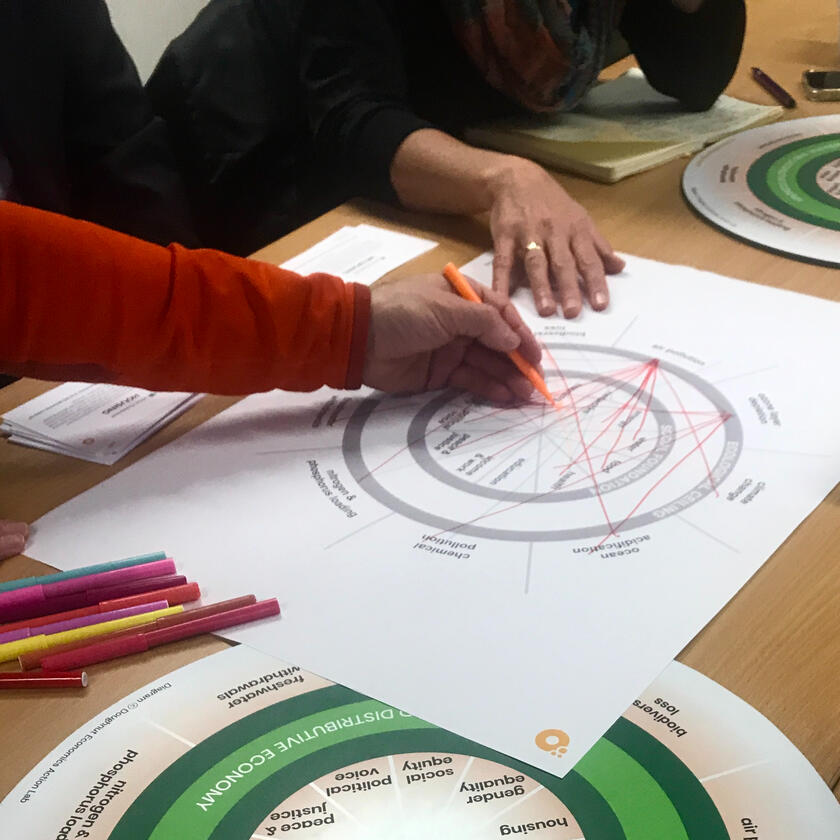
Doughnut Economics
Various Local Councils • UK
Research workshops, analysis, interpretation and strategic recommendations for regional Doughnut Economics economic development strategies, education and communication. Enabling place-based/cross-sector knowledge-sharing and collaboration.
Connective thinking can be defined as making connections between insights or ideas that are not necessarily similar or bound together (Sill, 1996). It's a future-critical skill that helps us reframe stuck challenges, align diverse stakeholders, and move complex projects forward.
Article samples
Smoke Gets In Their Eyes: A brief history of tobacco industry interference in global public health efforts towards smoking prevention and cessation.
Outside the Box: Building strong foundations for social value and wellbeing into property development projects.
Talking on a Loop: Fairphone tackles e-waste with a smartphone we can fix.
Coaching & Consulting for Responsible Innovation
Team coaching and consulting on live projects, factoring in overlooked perspectives, addressing risks, and course-correcting where required, so that progress is built on stakeholder insights throughout.
